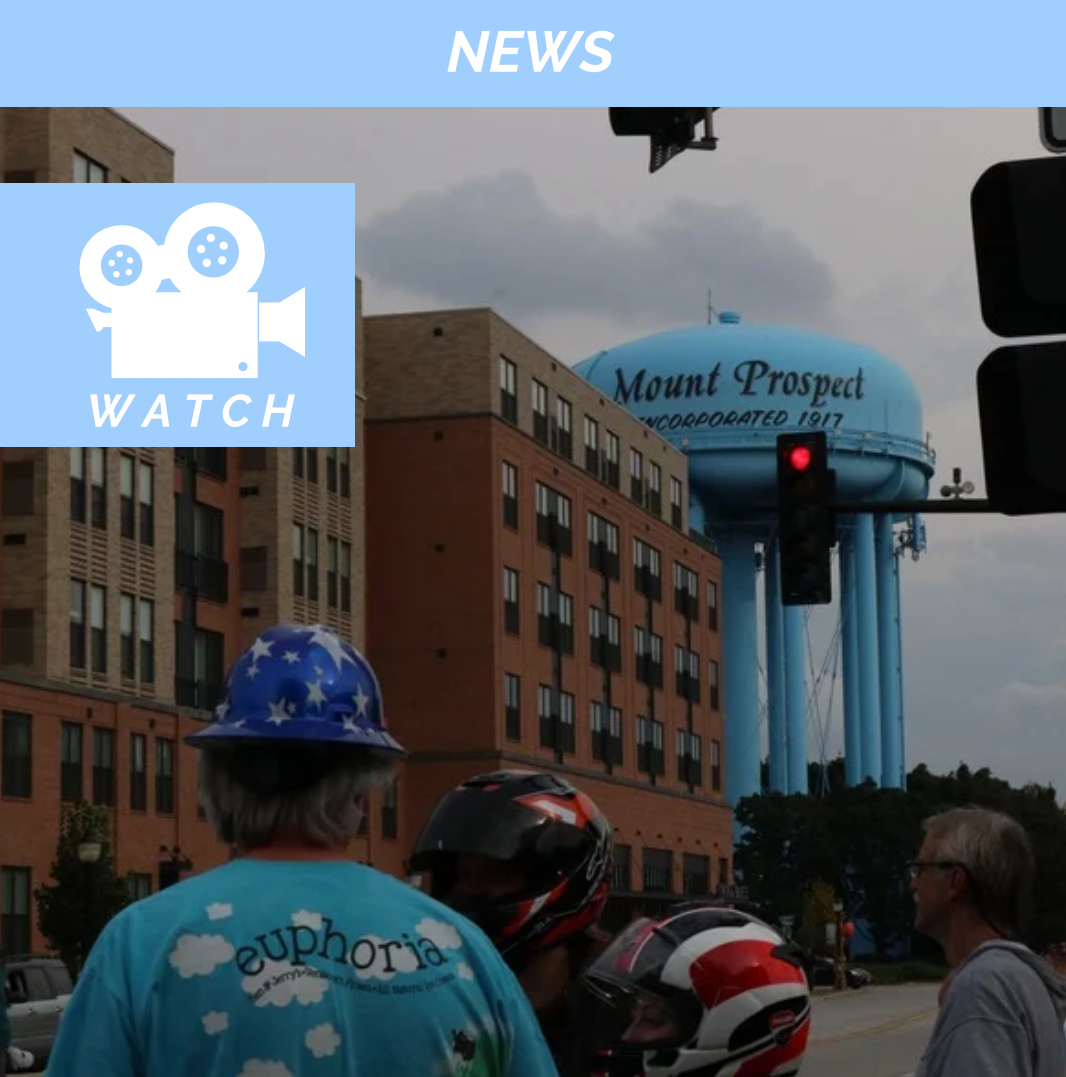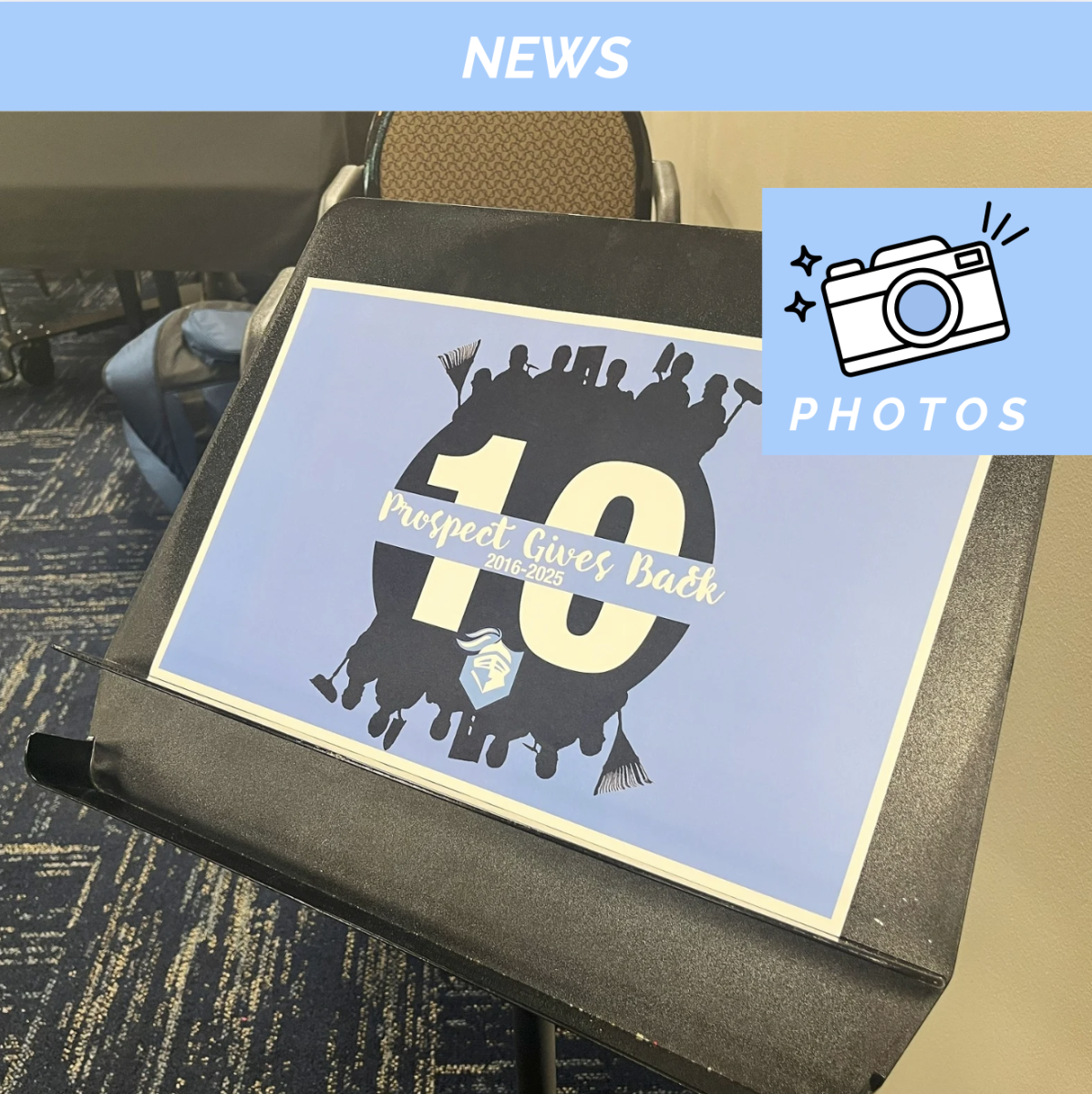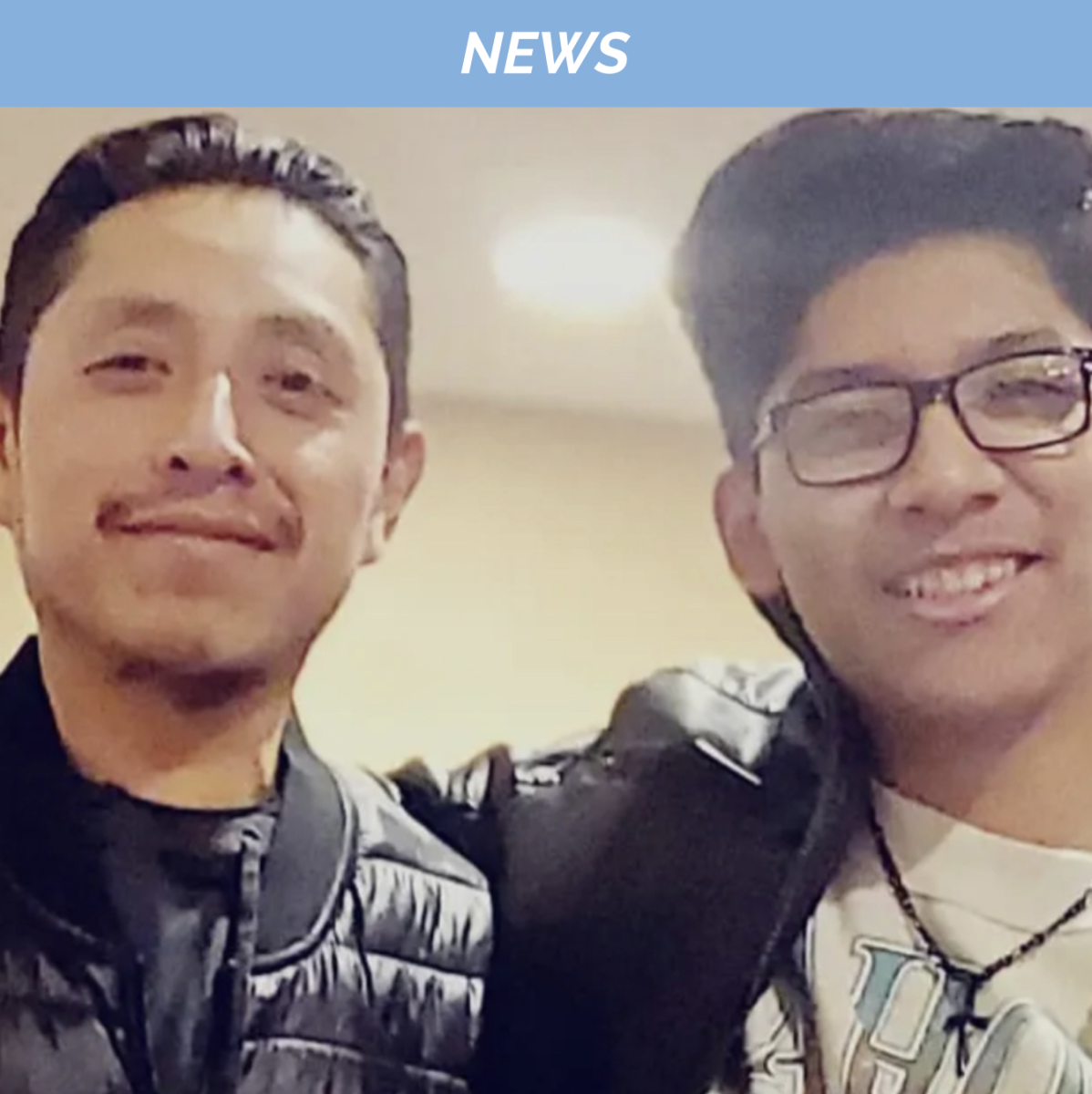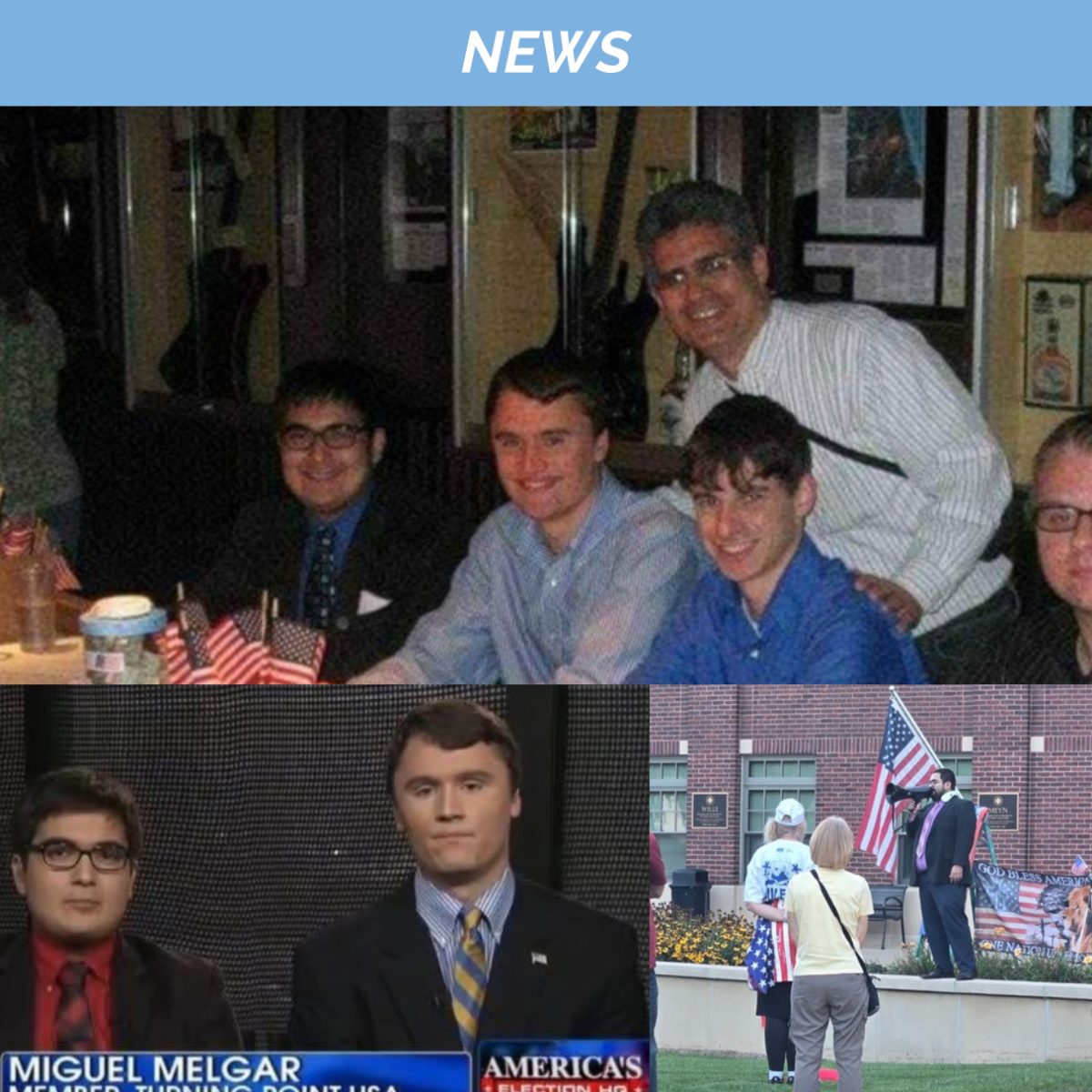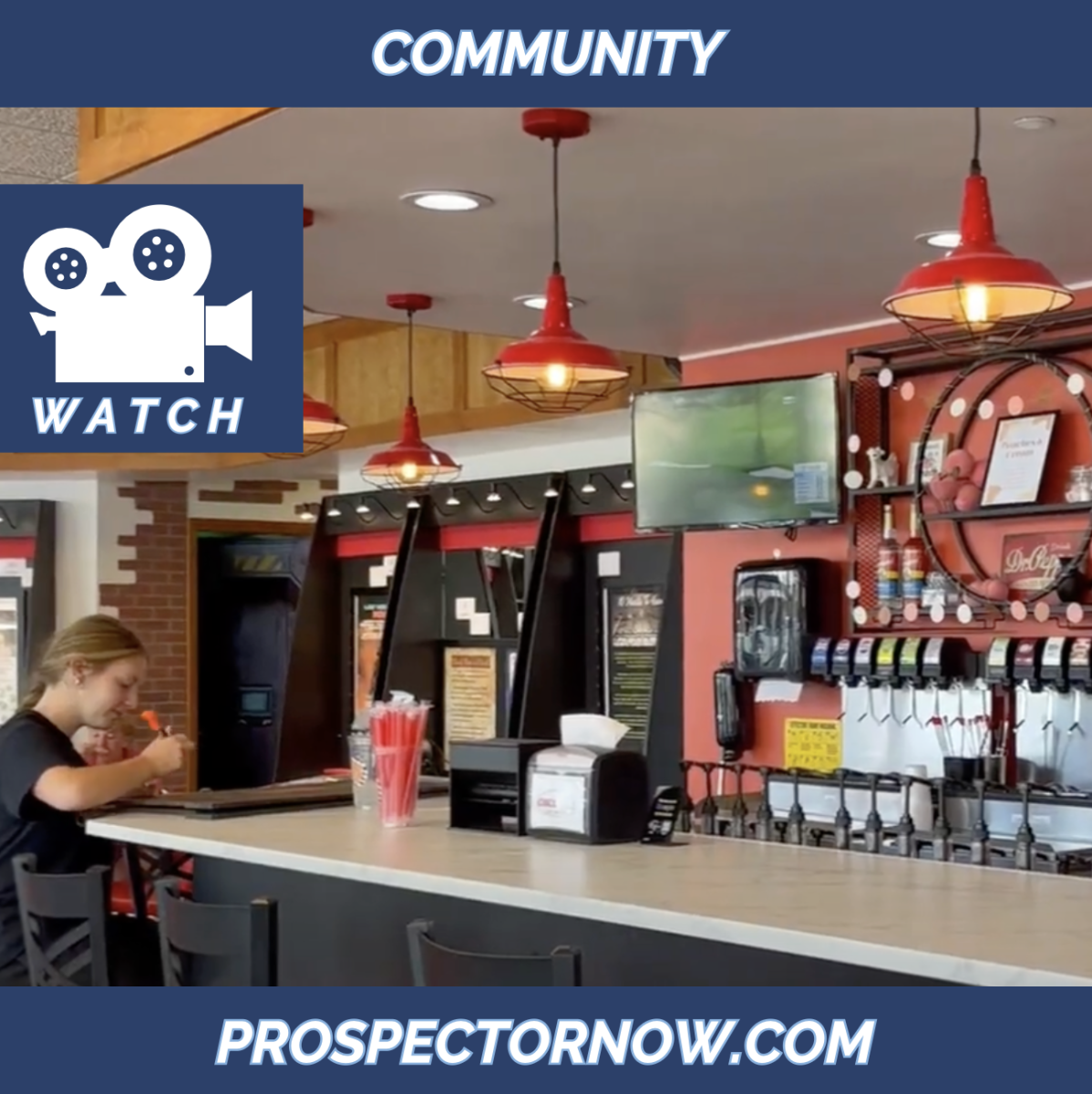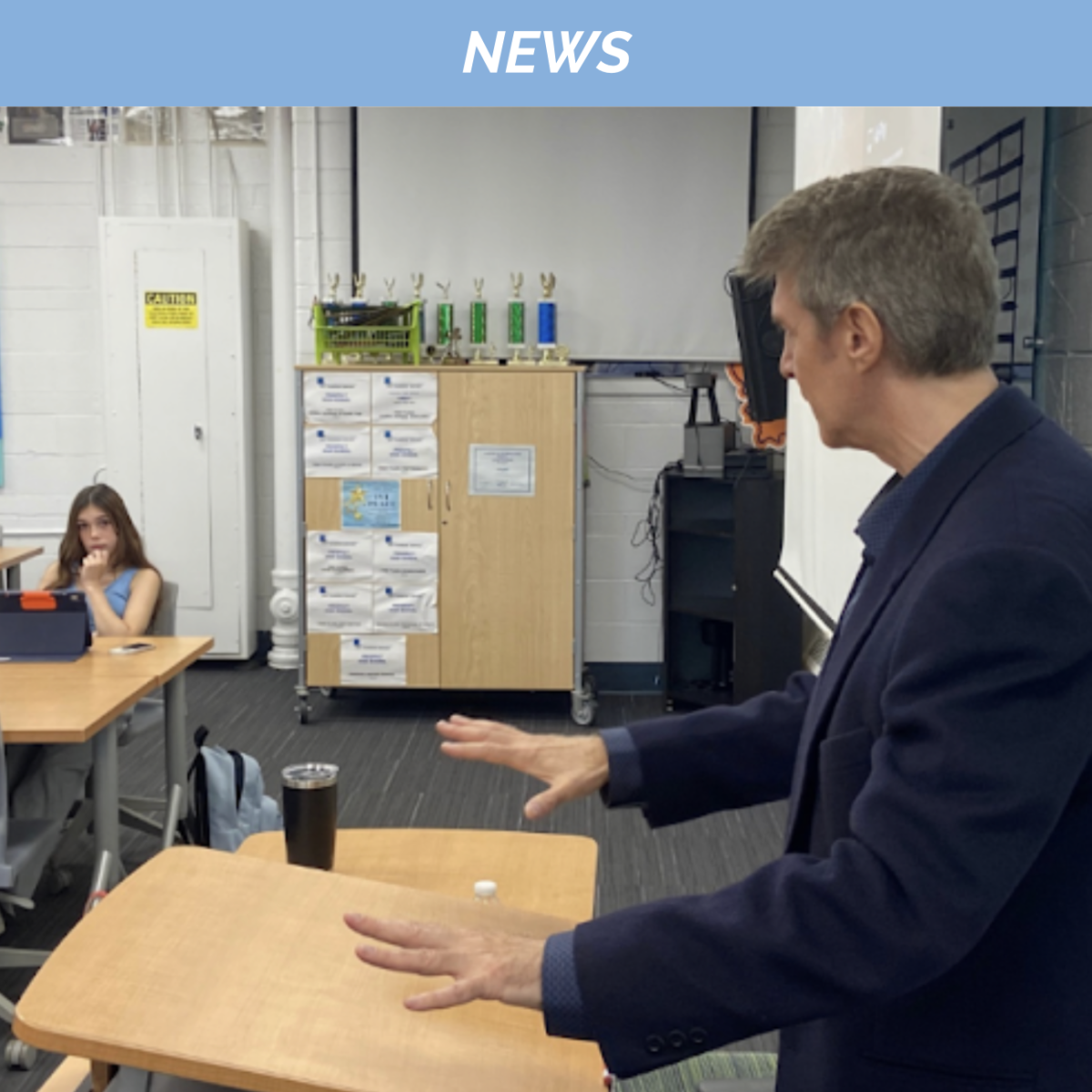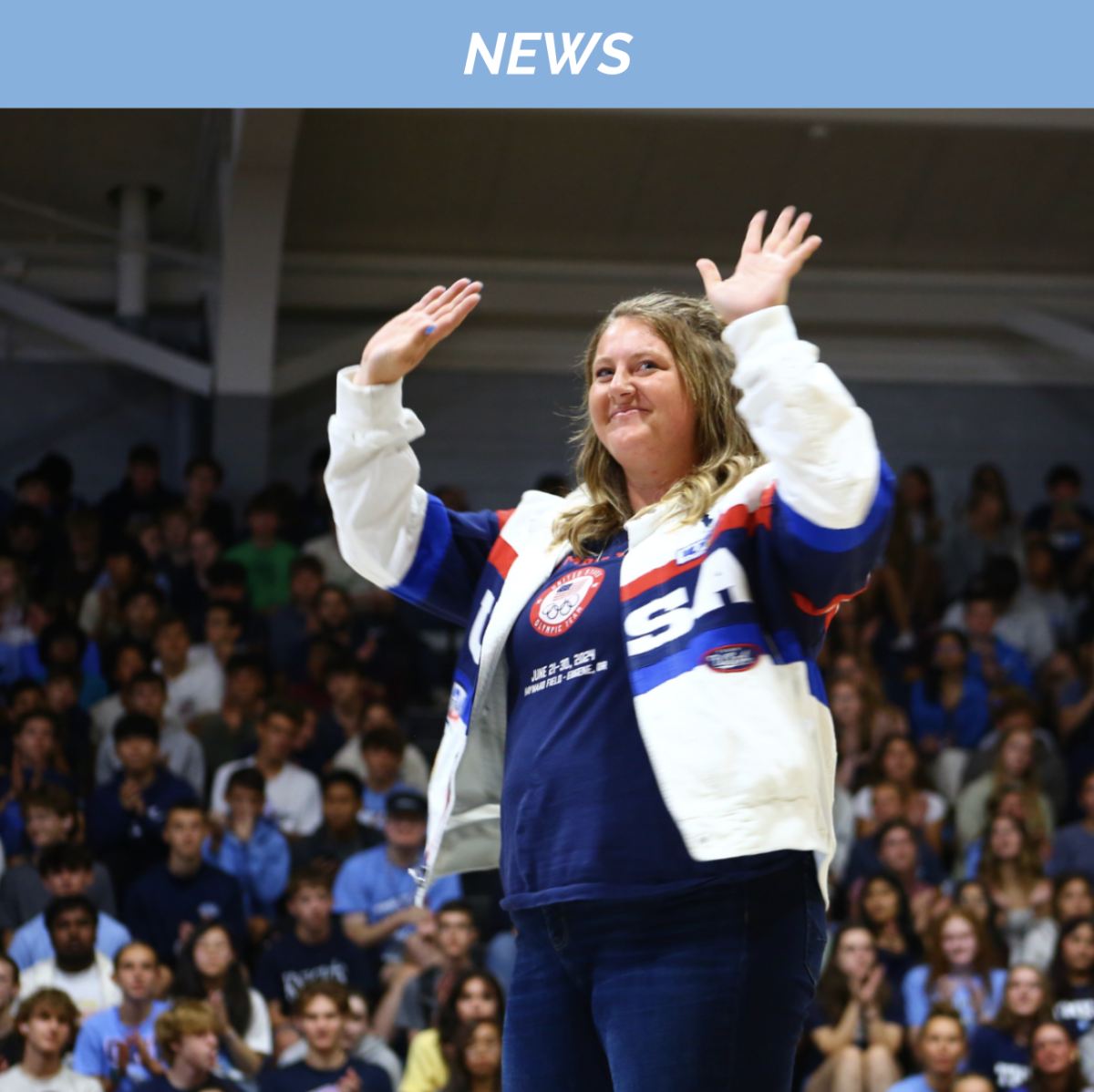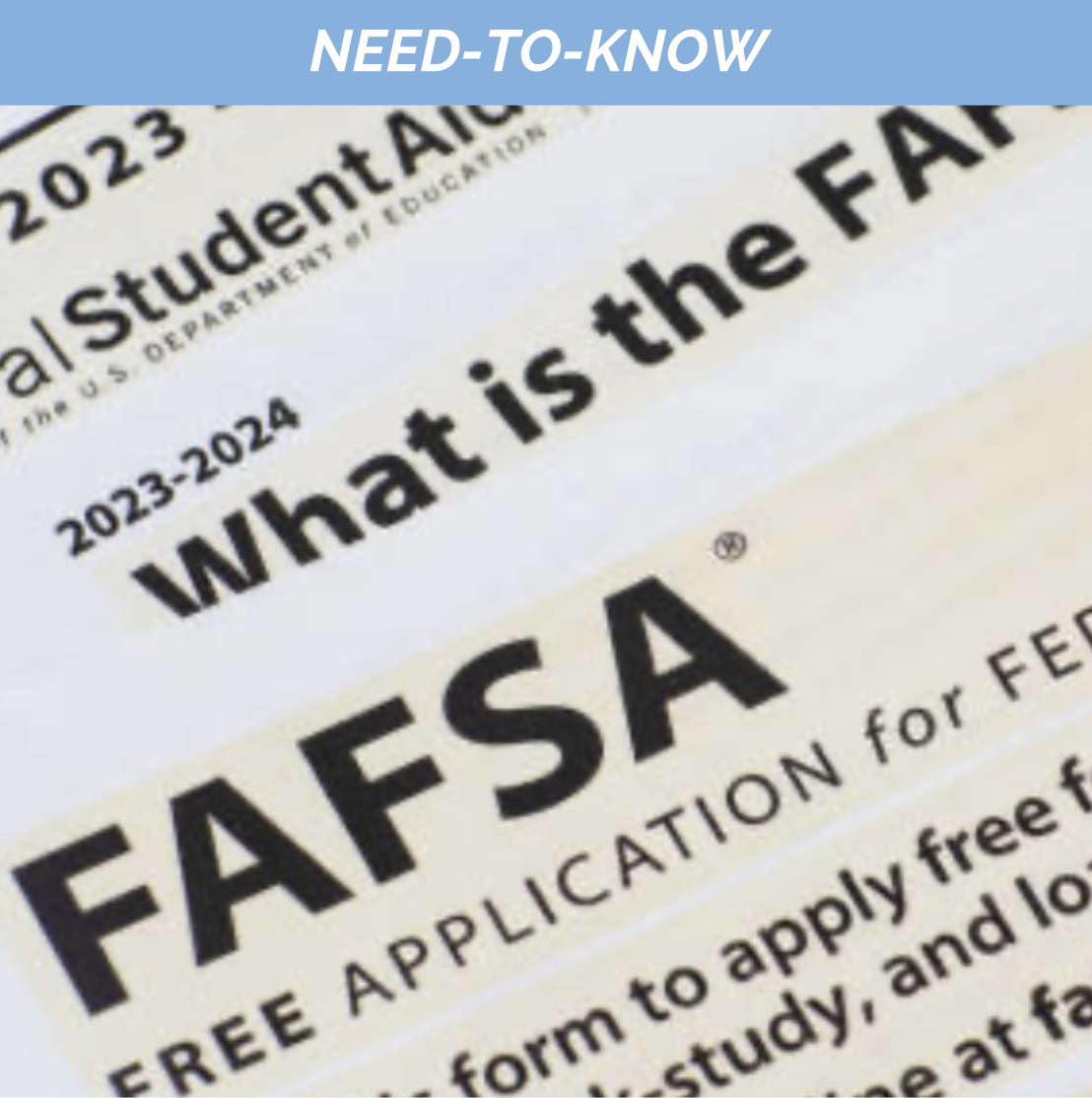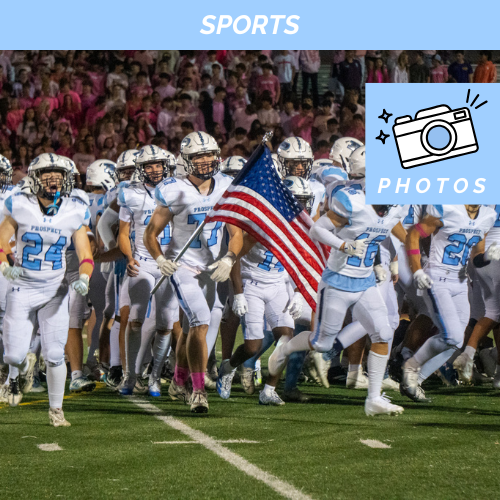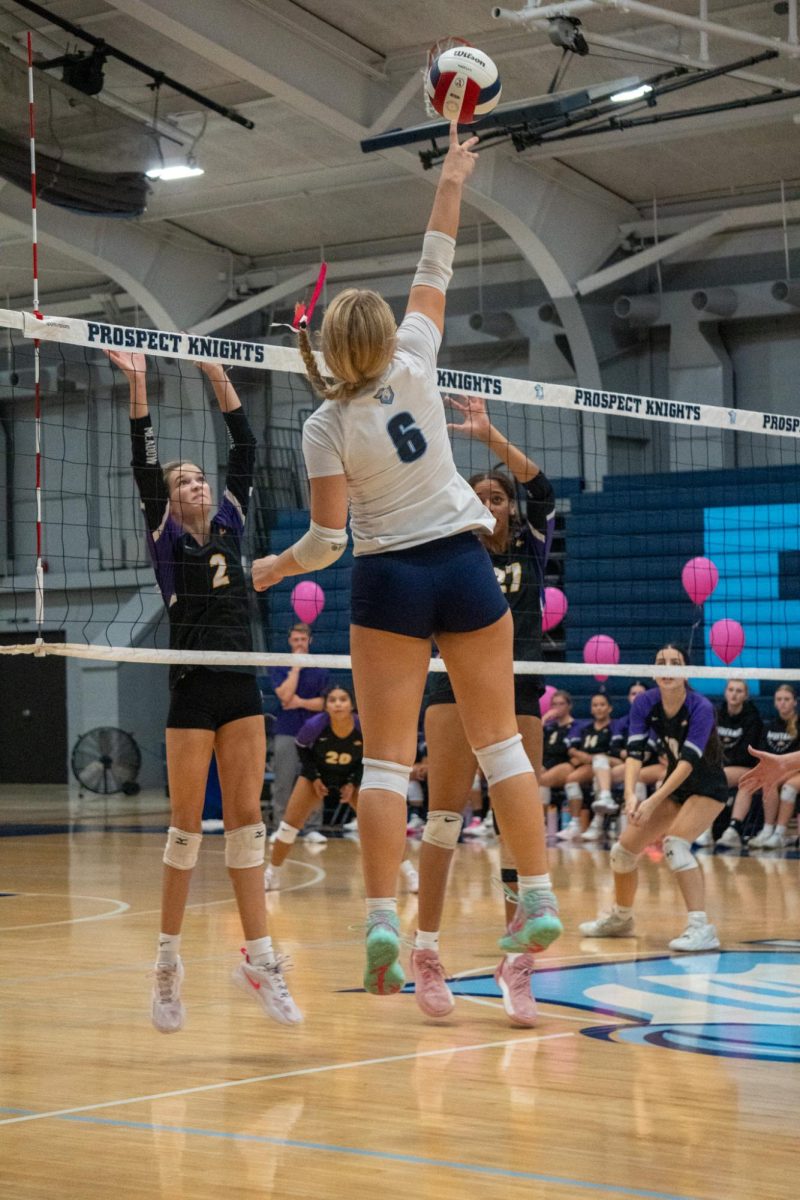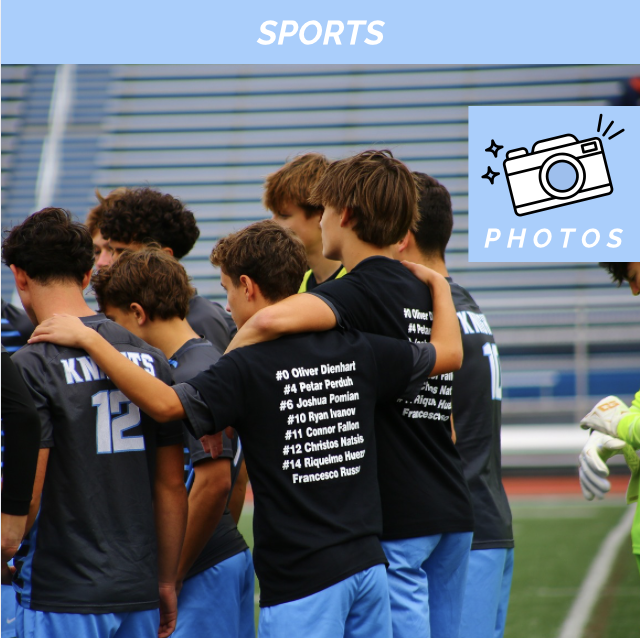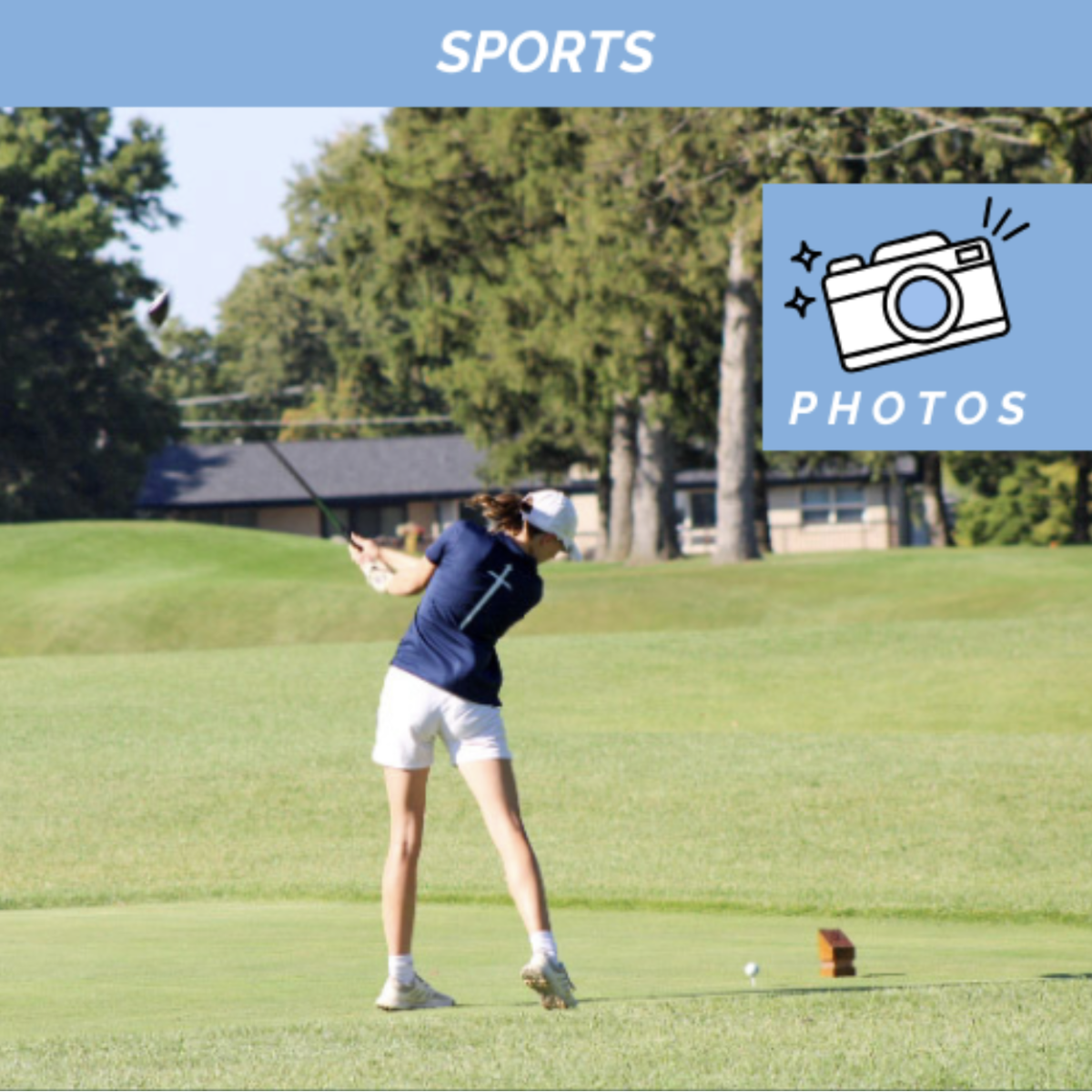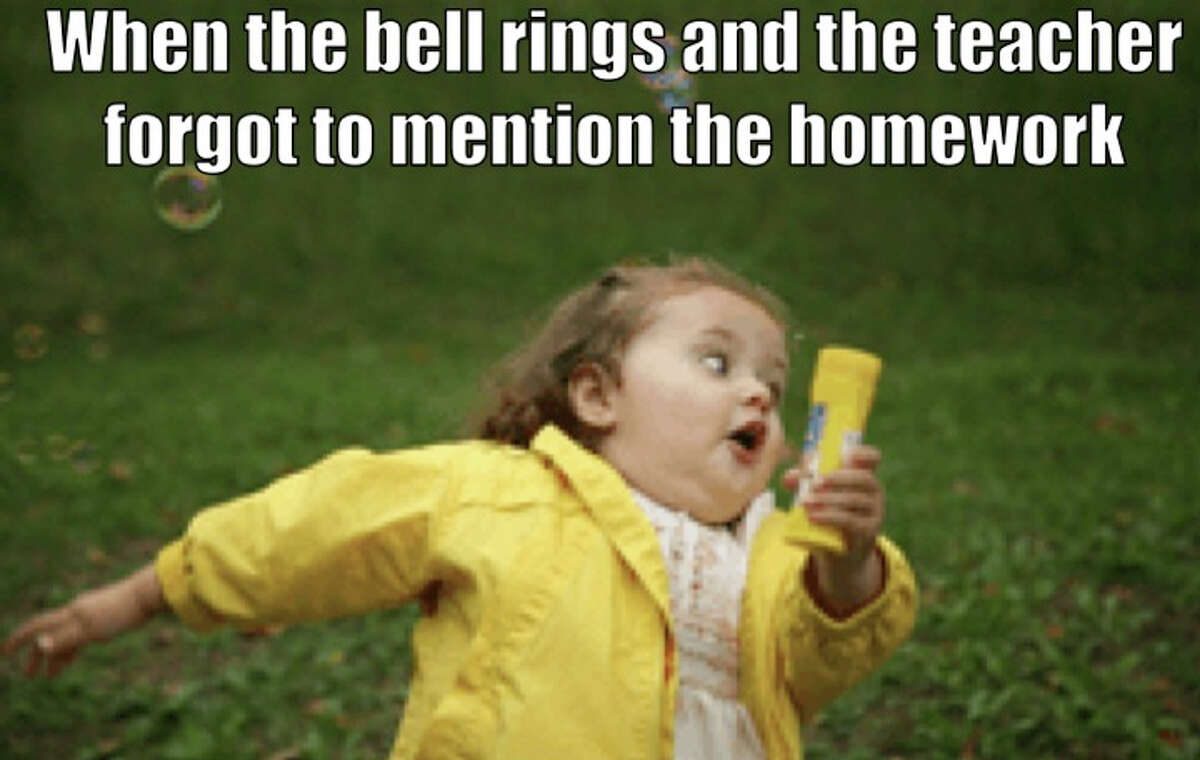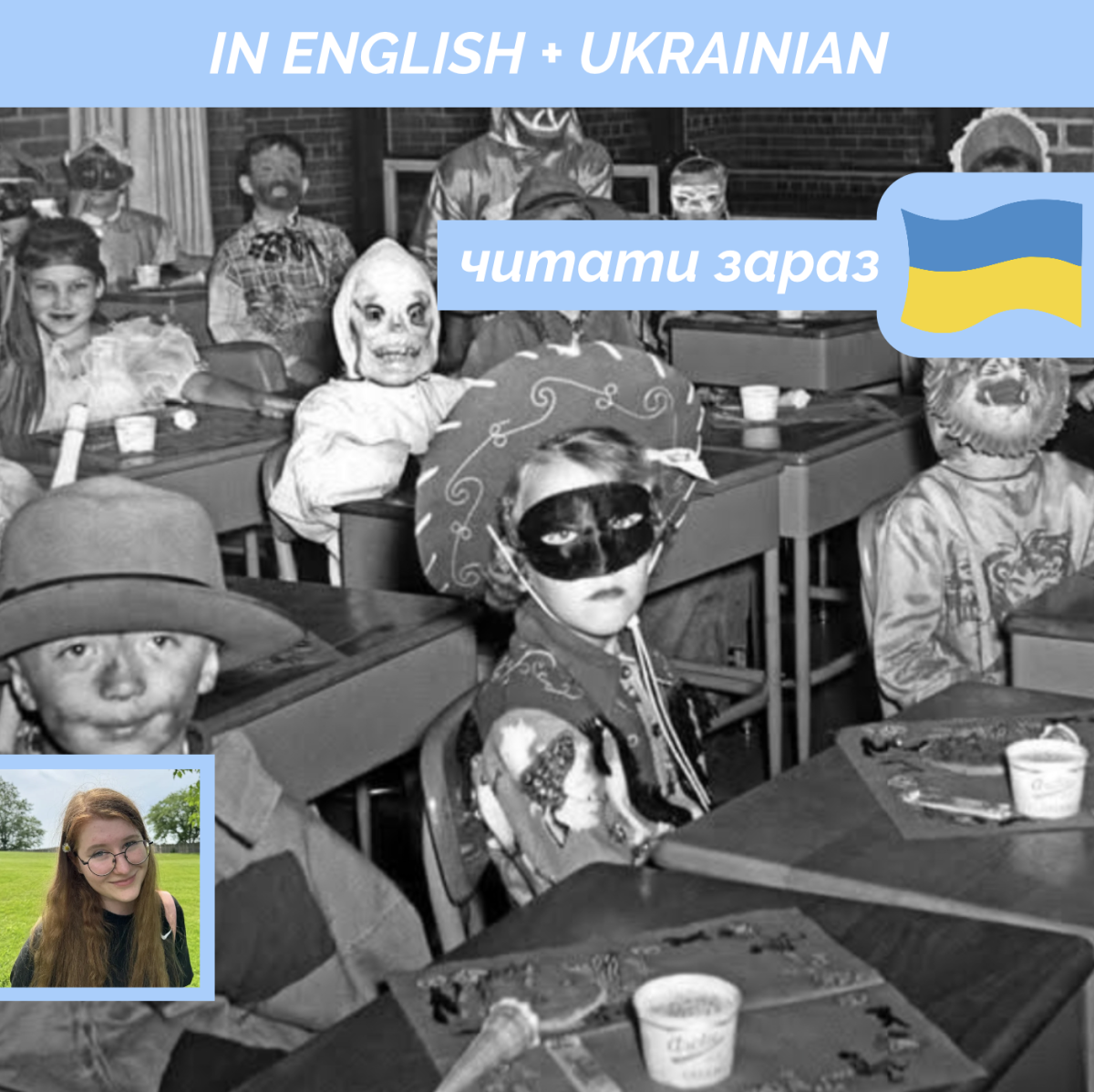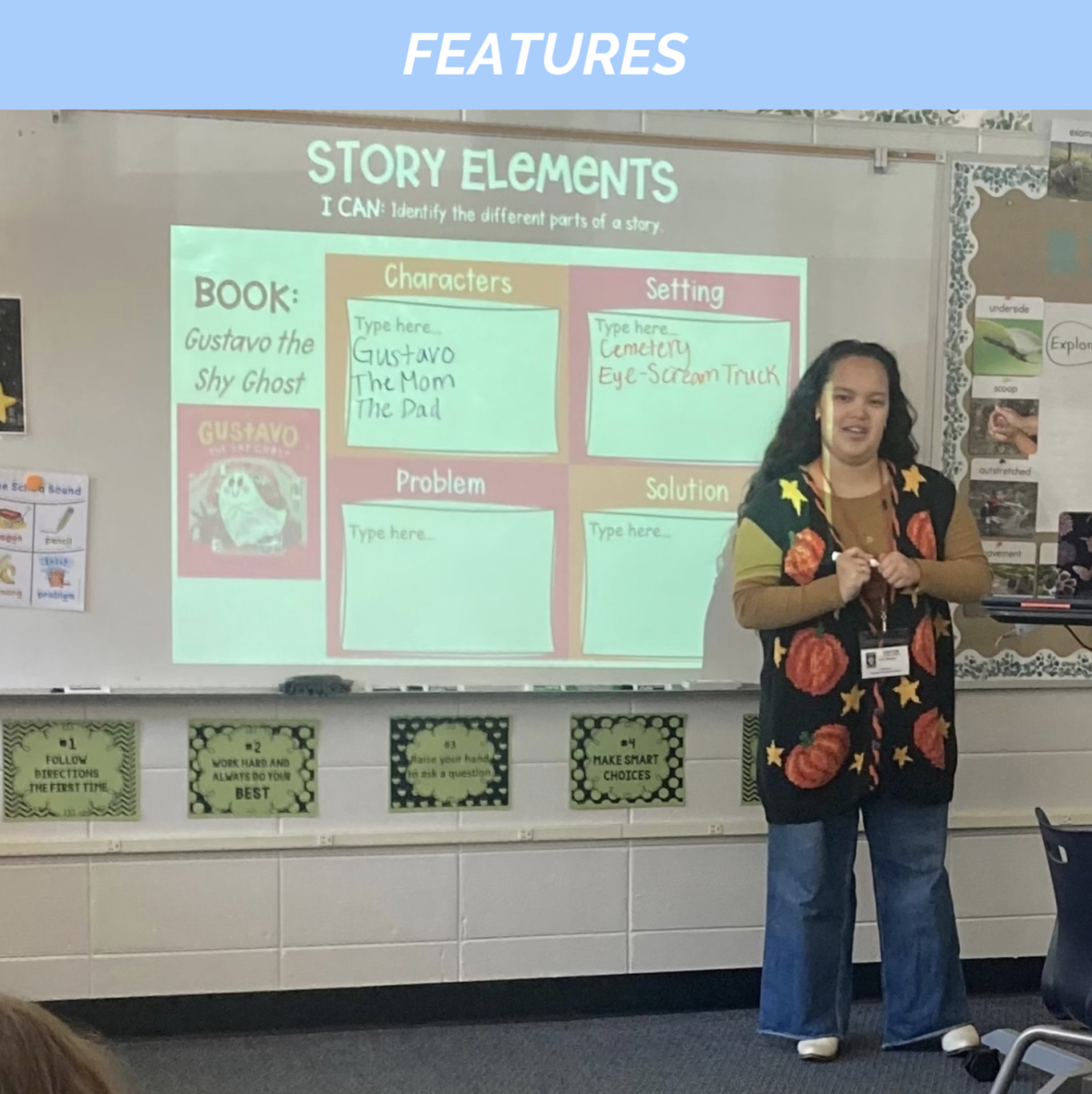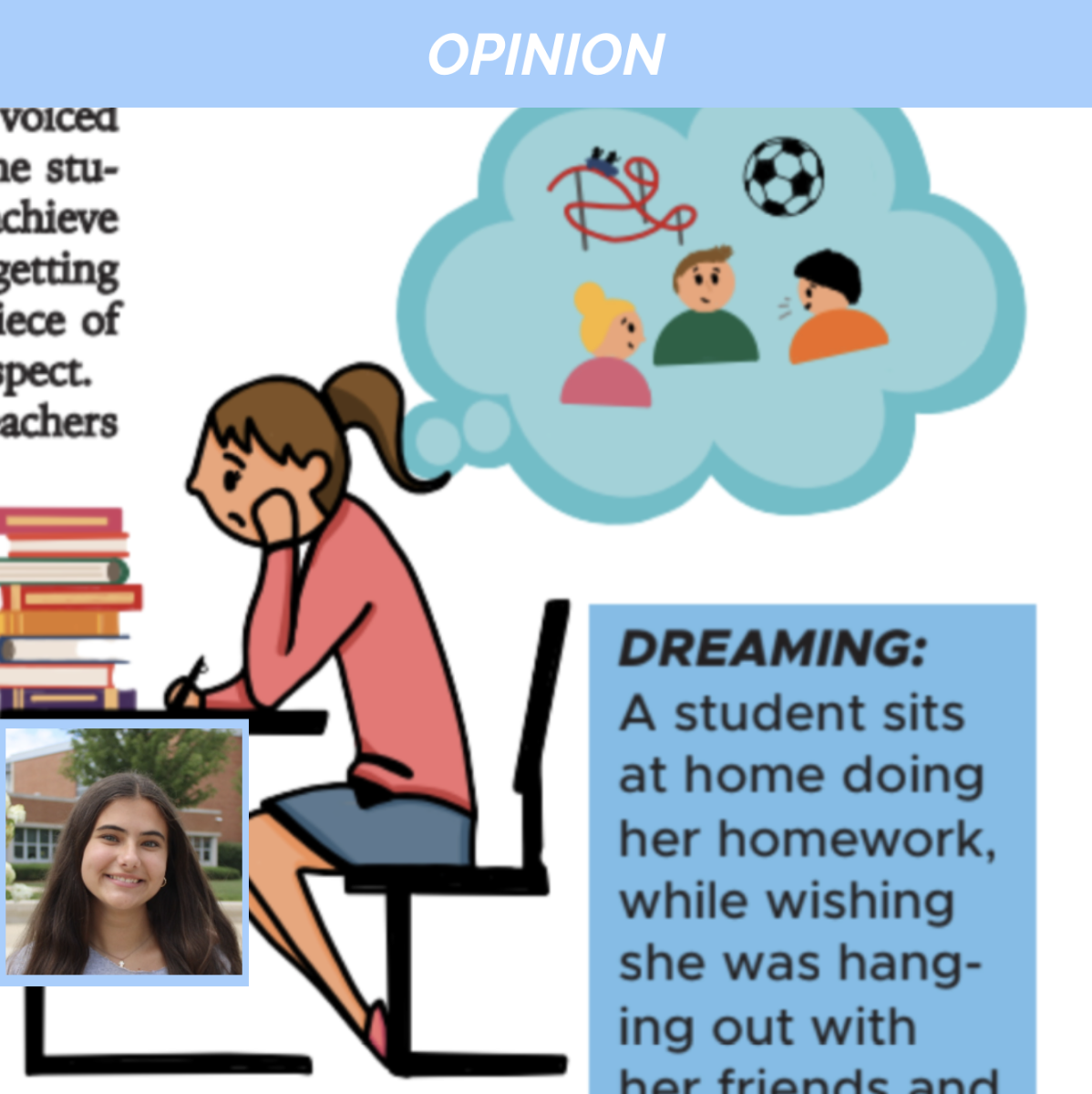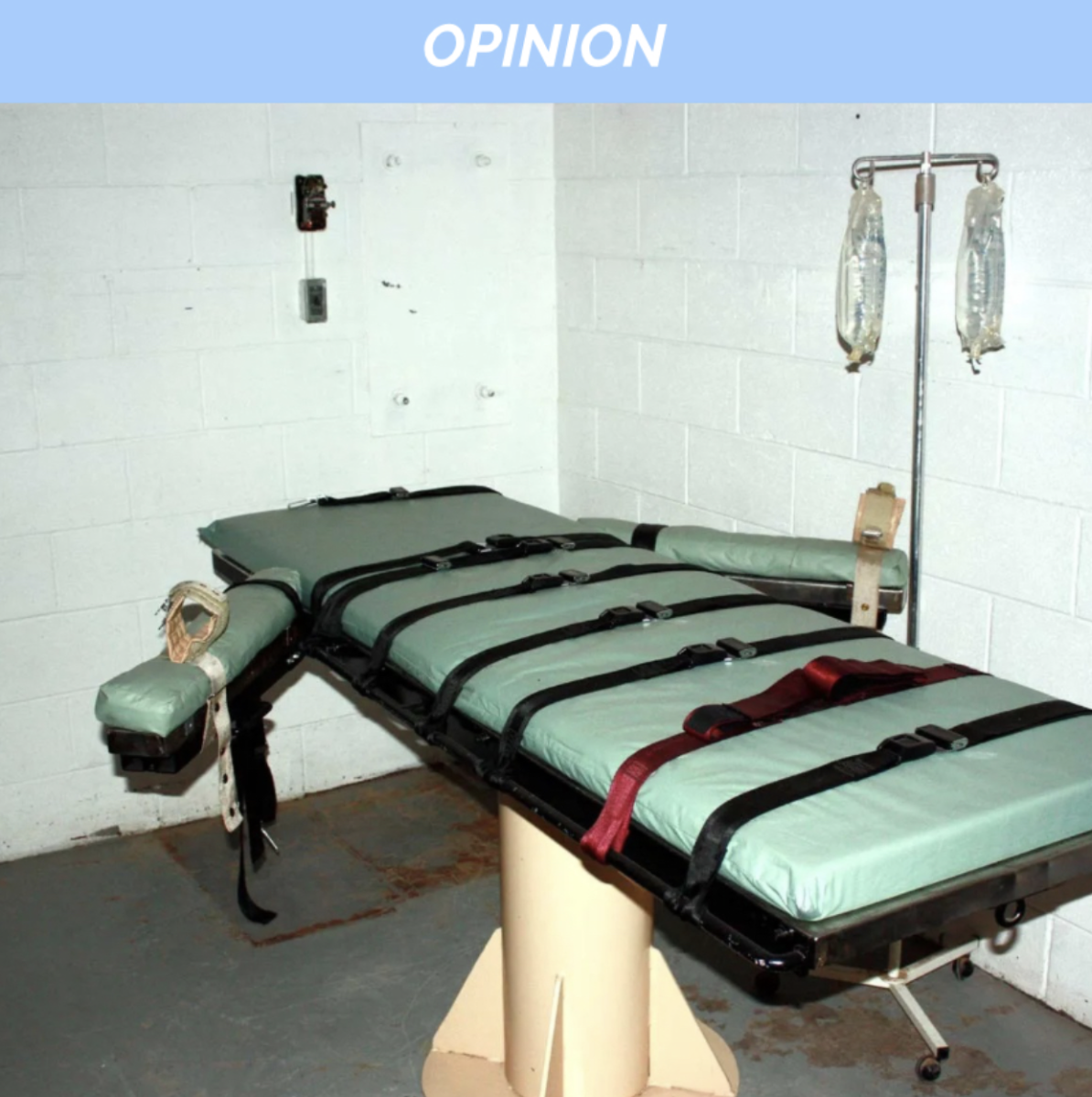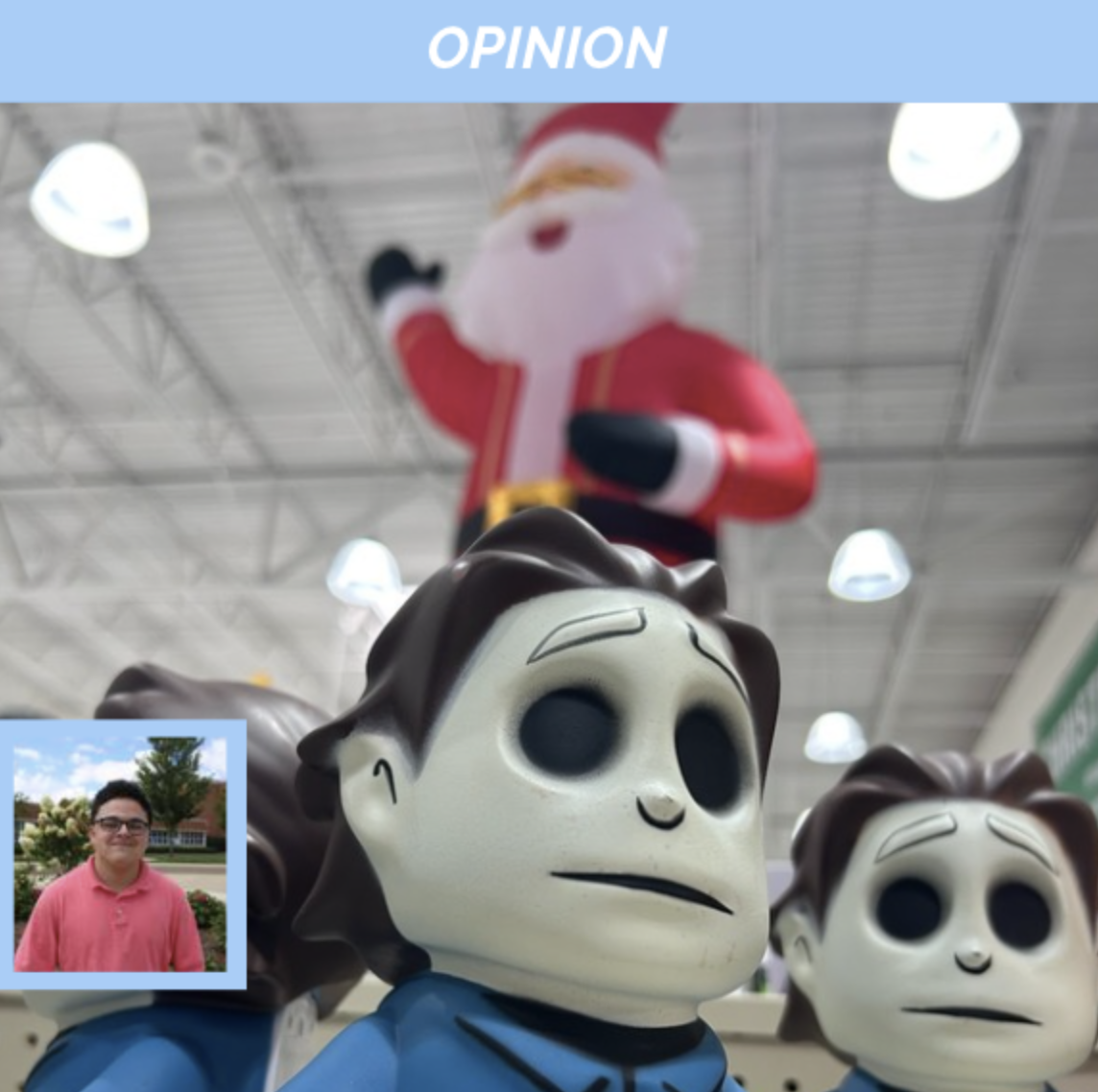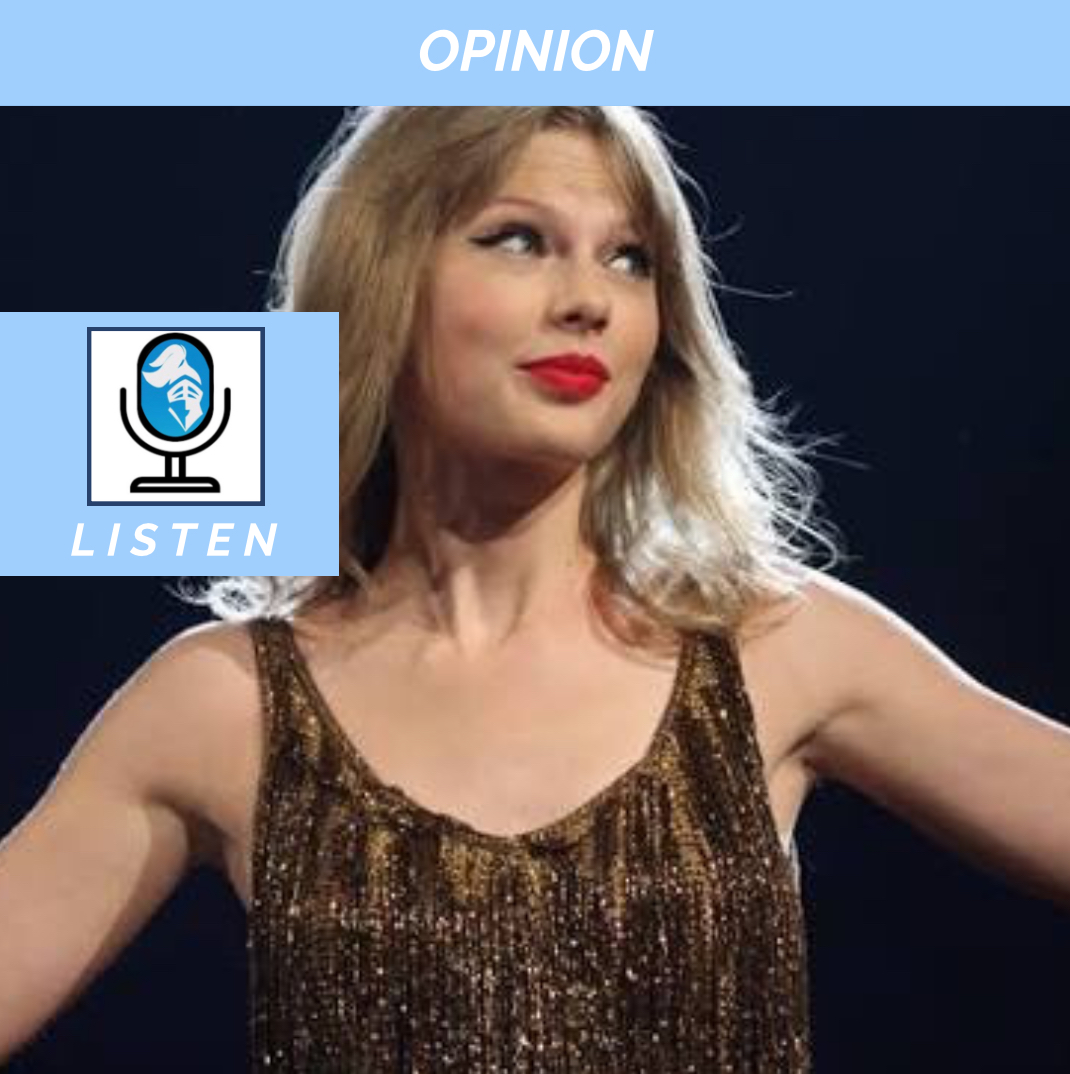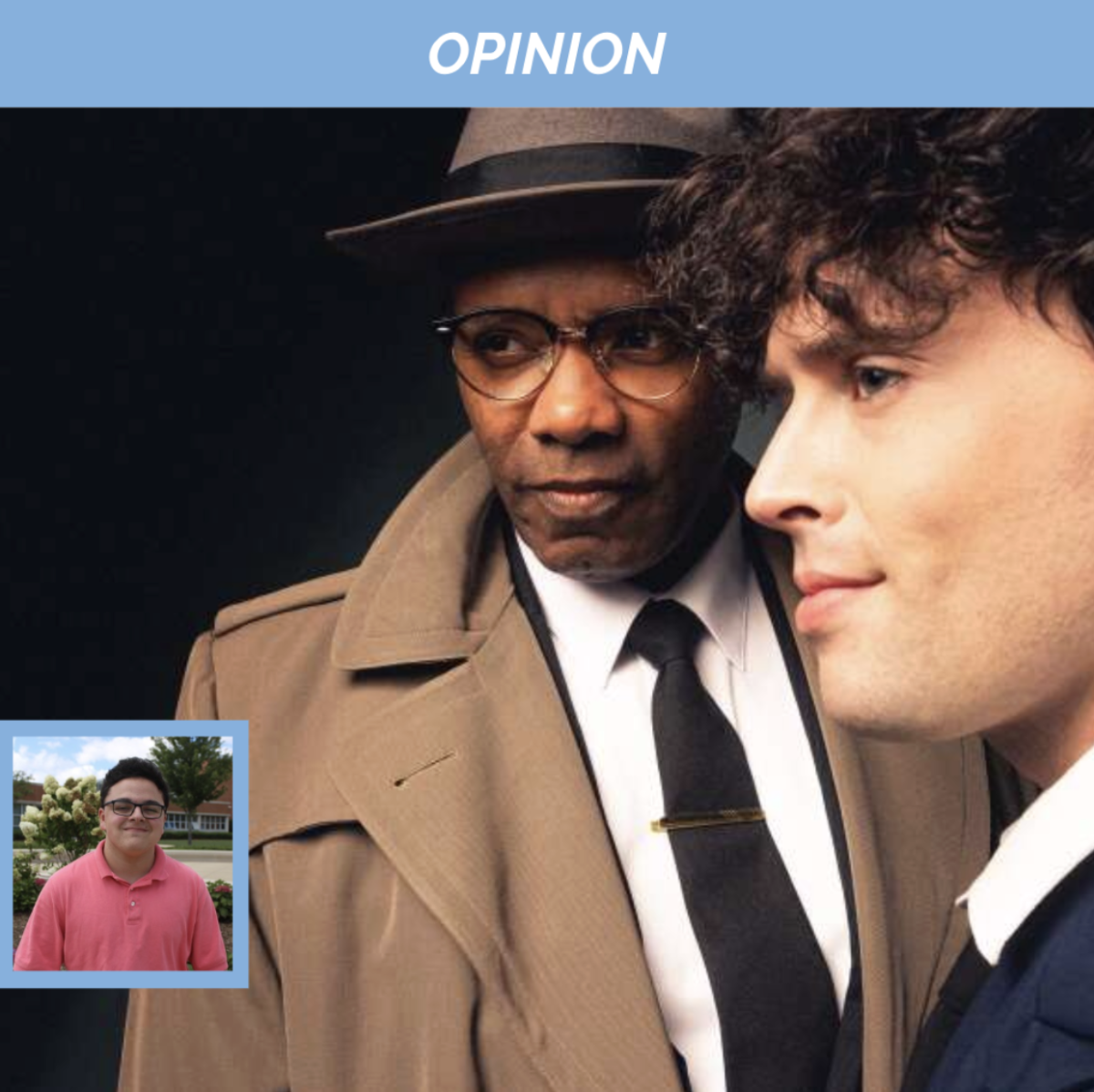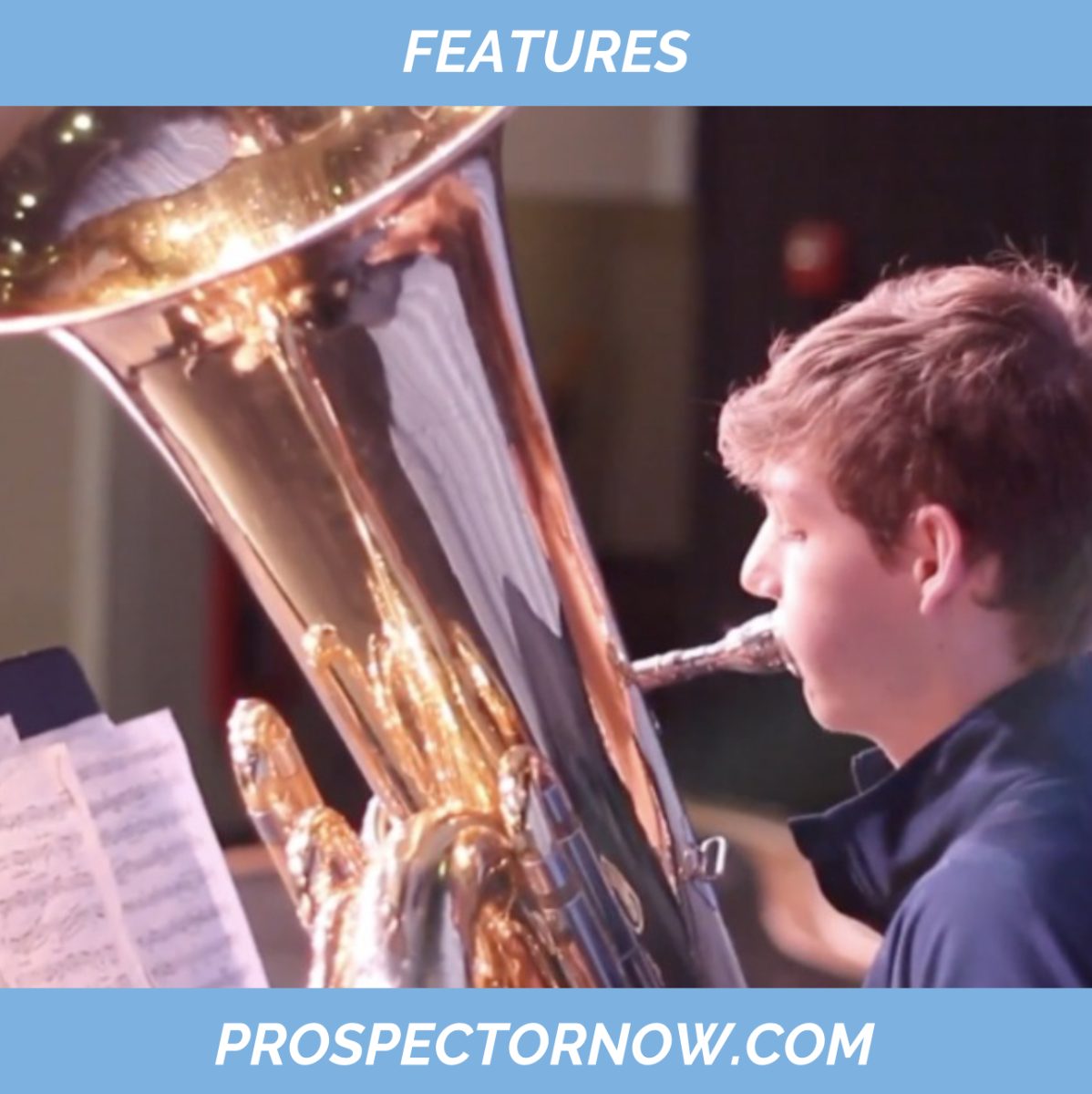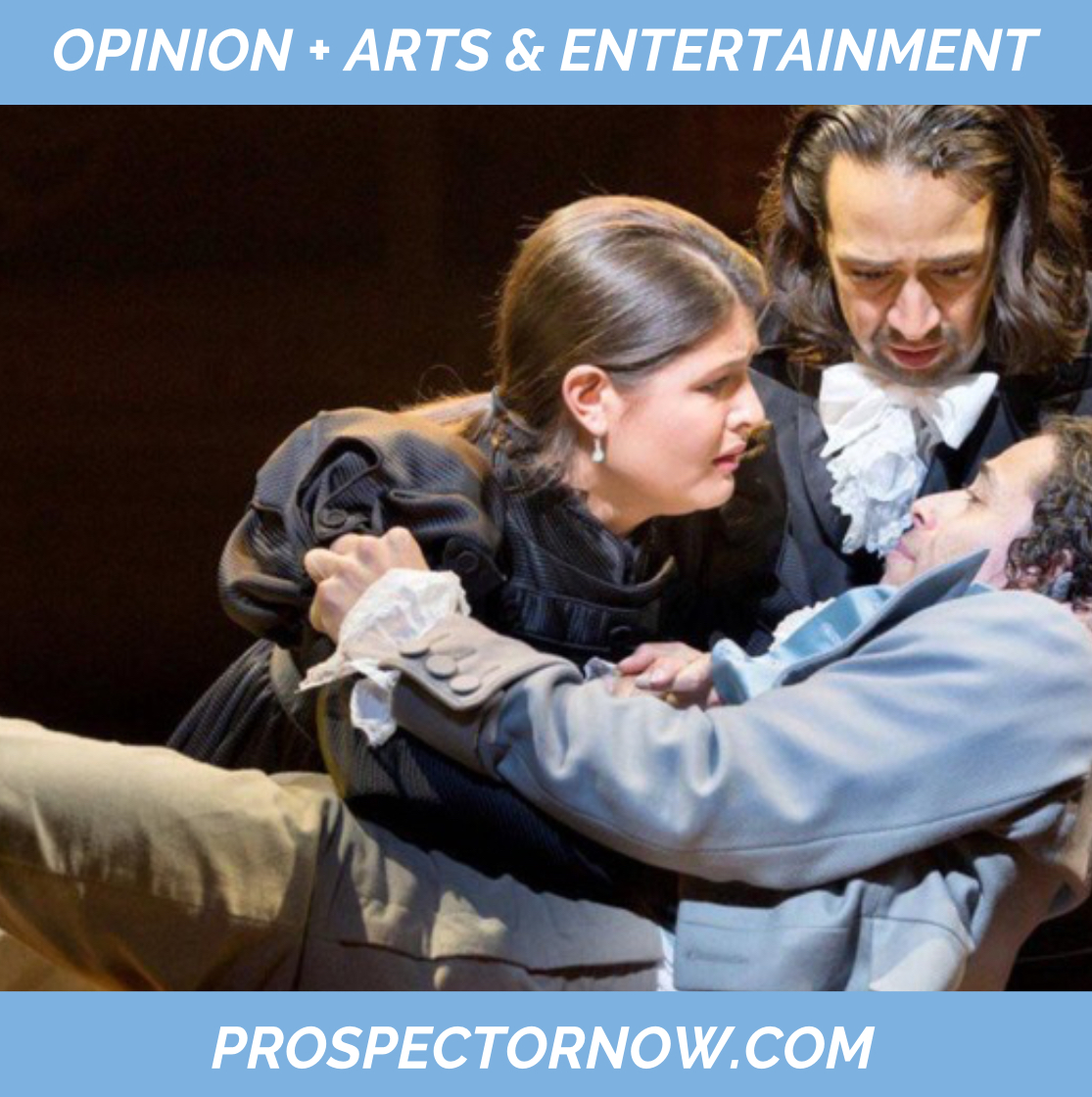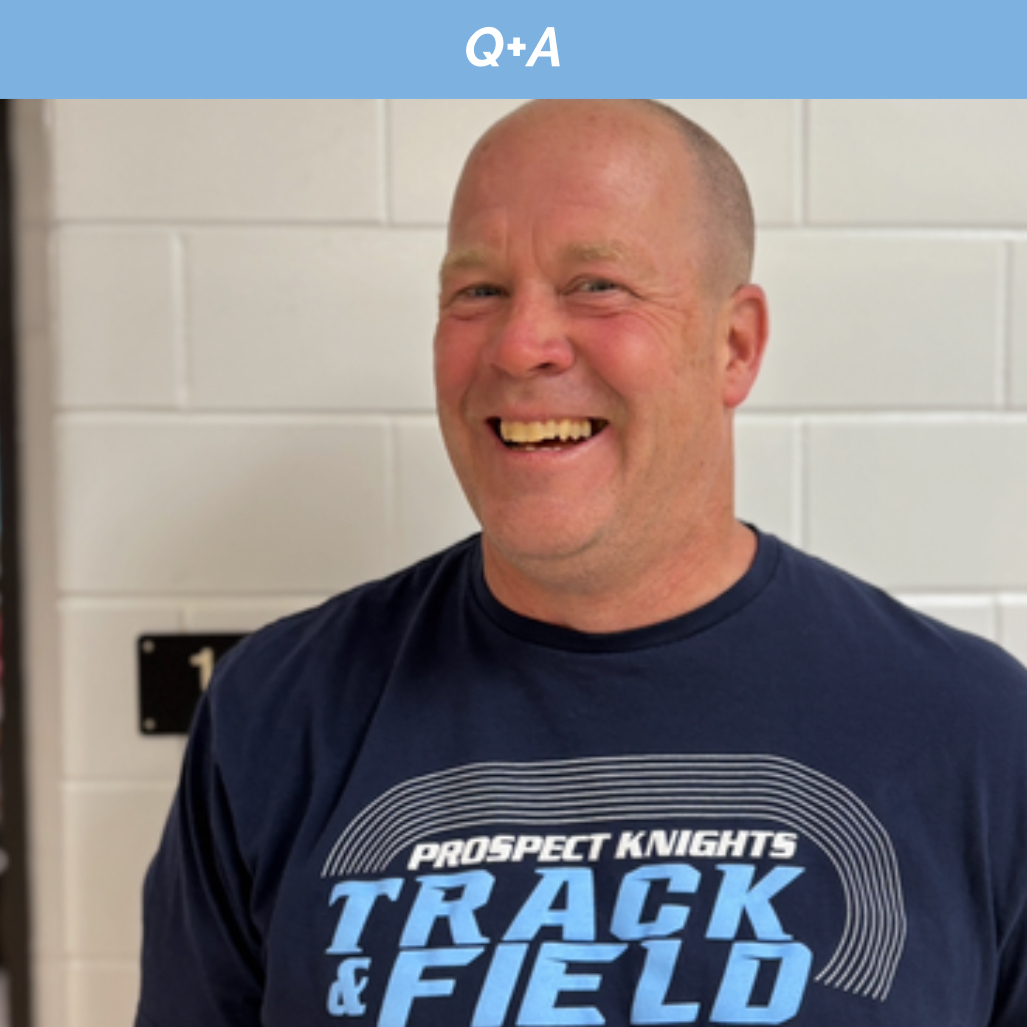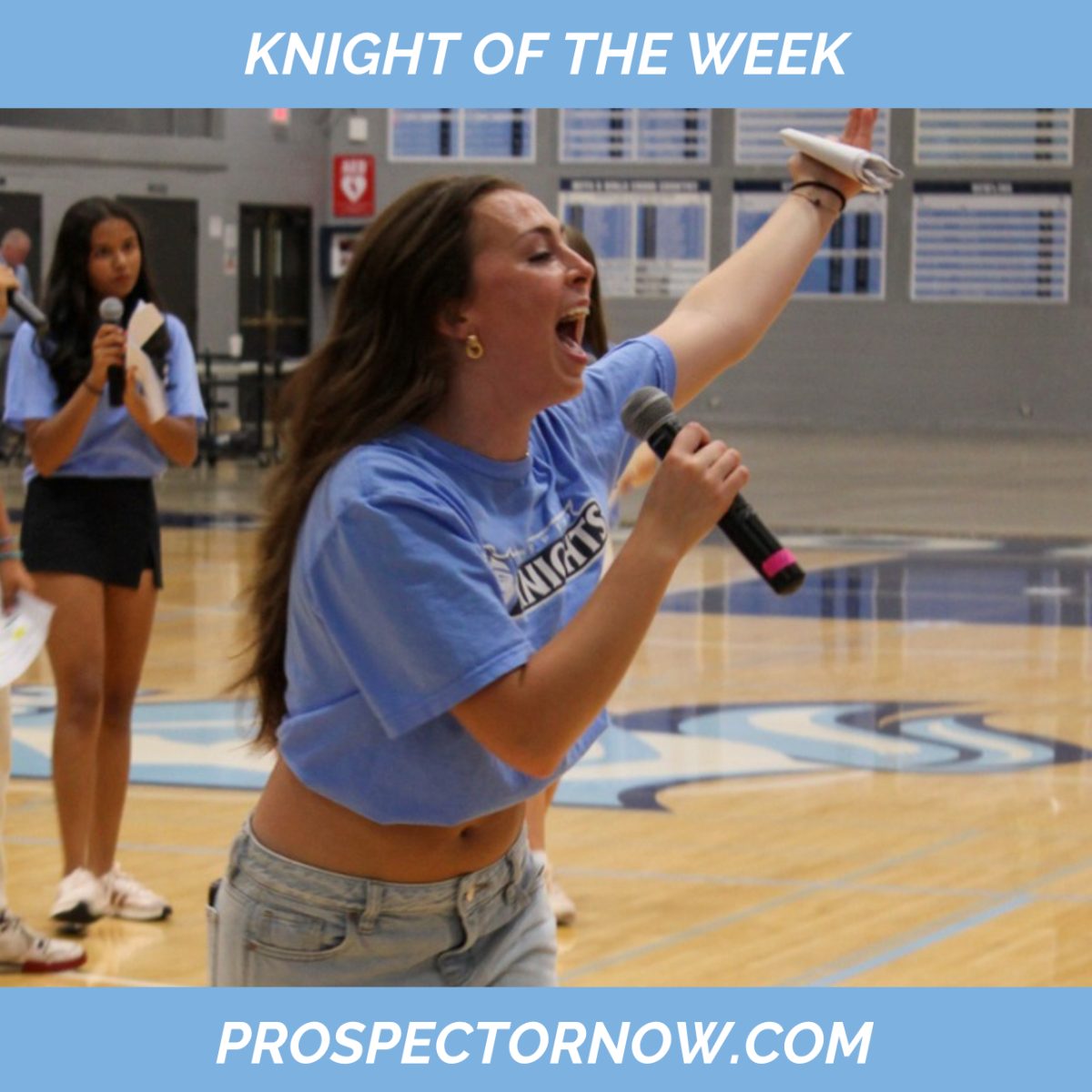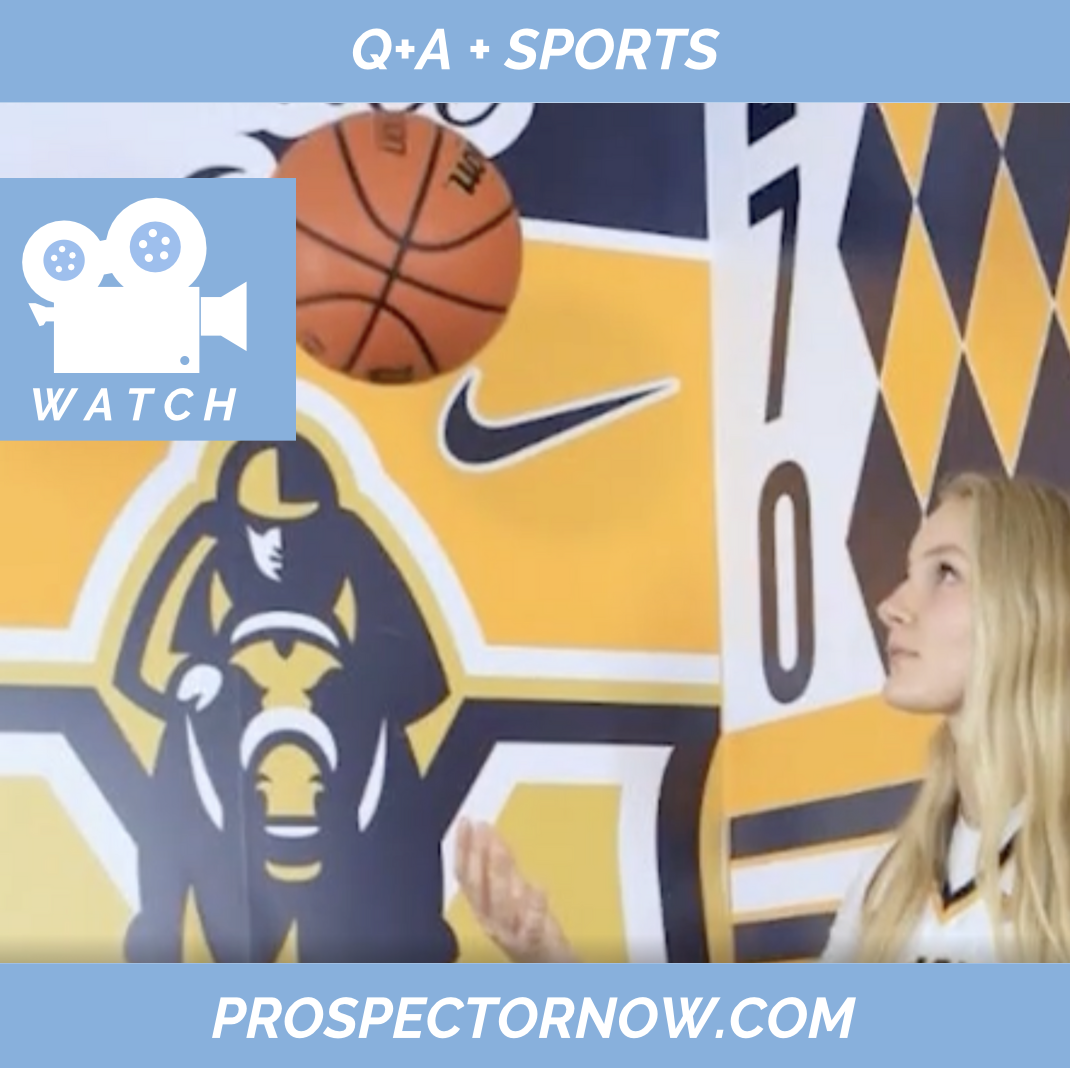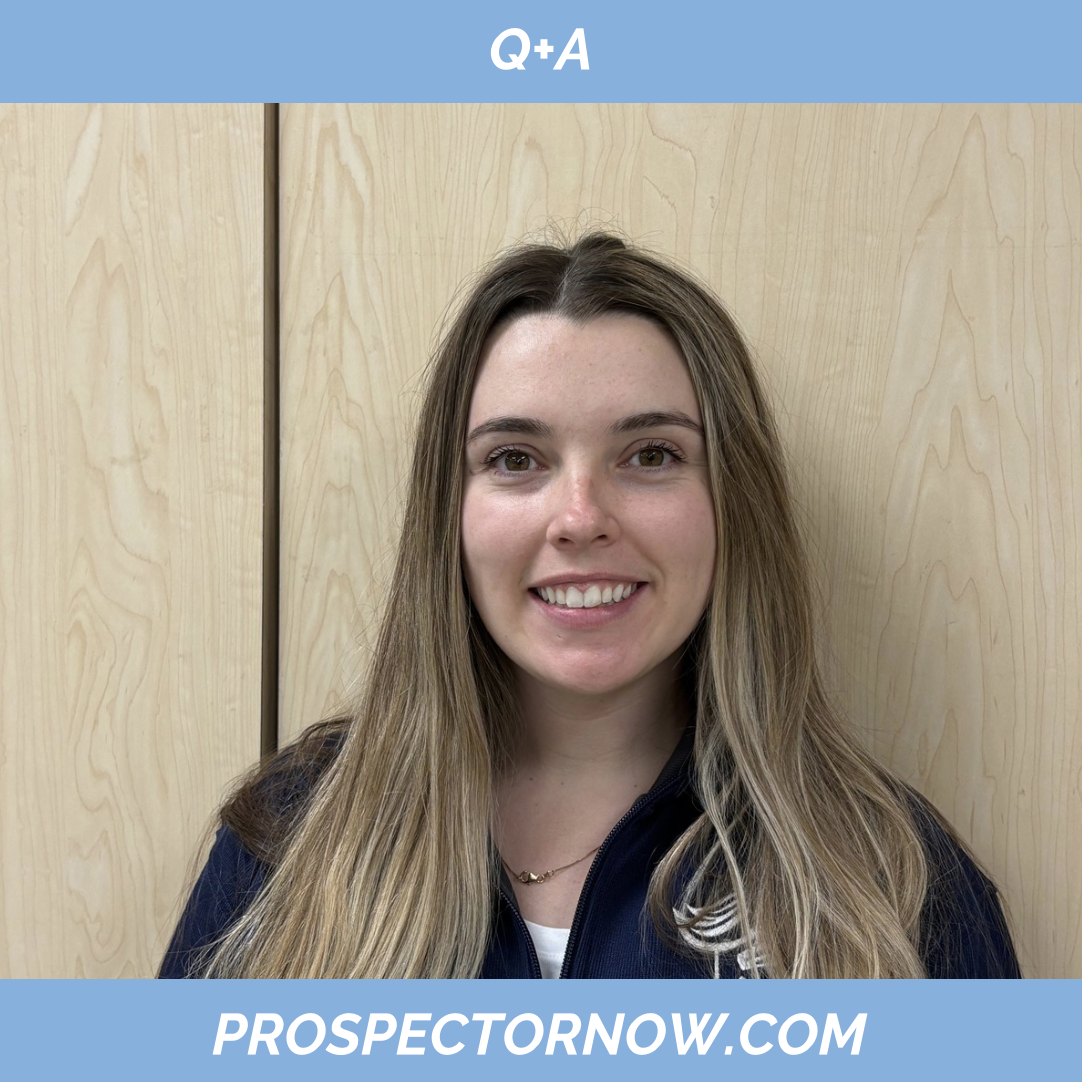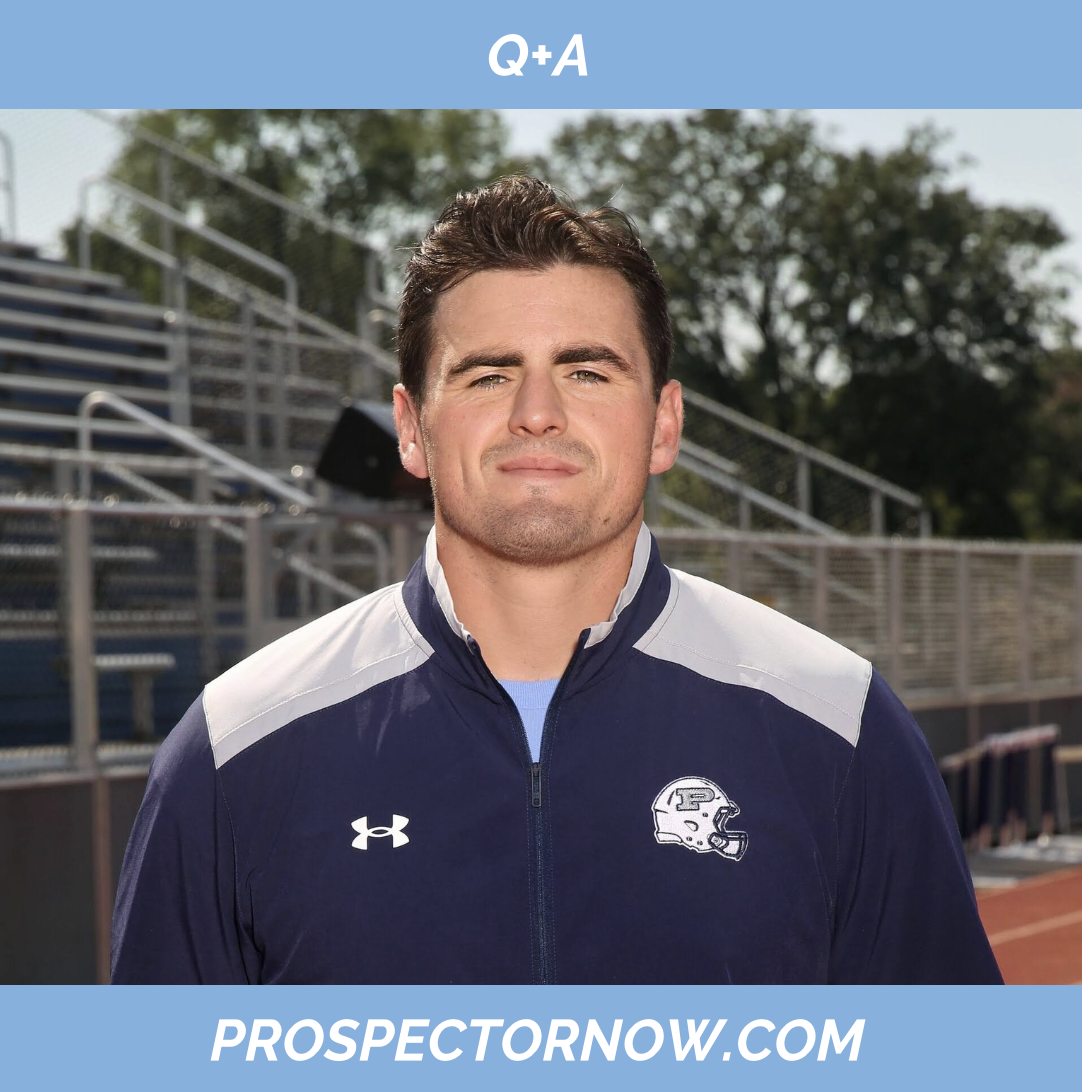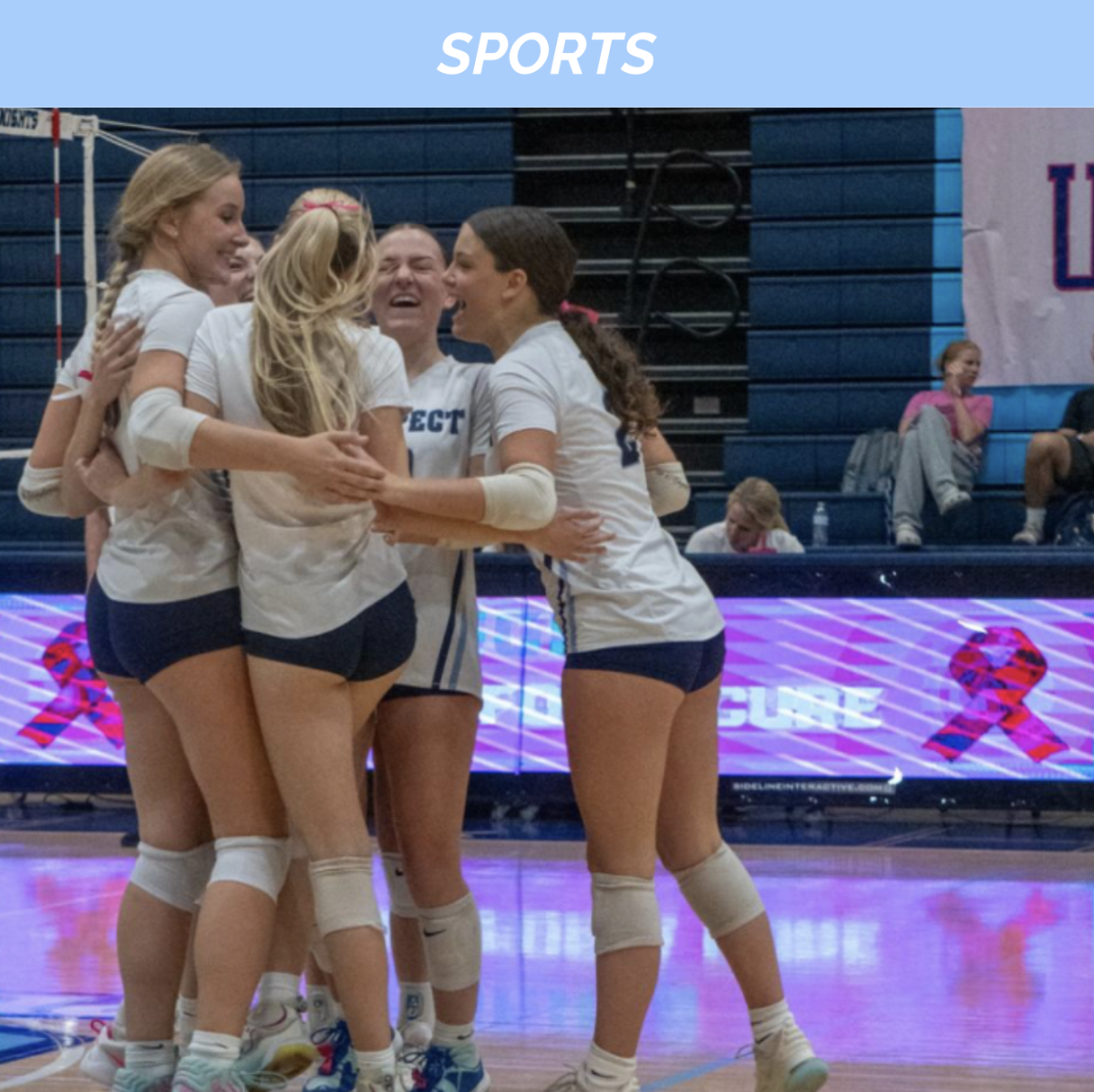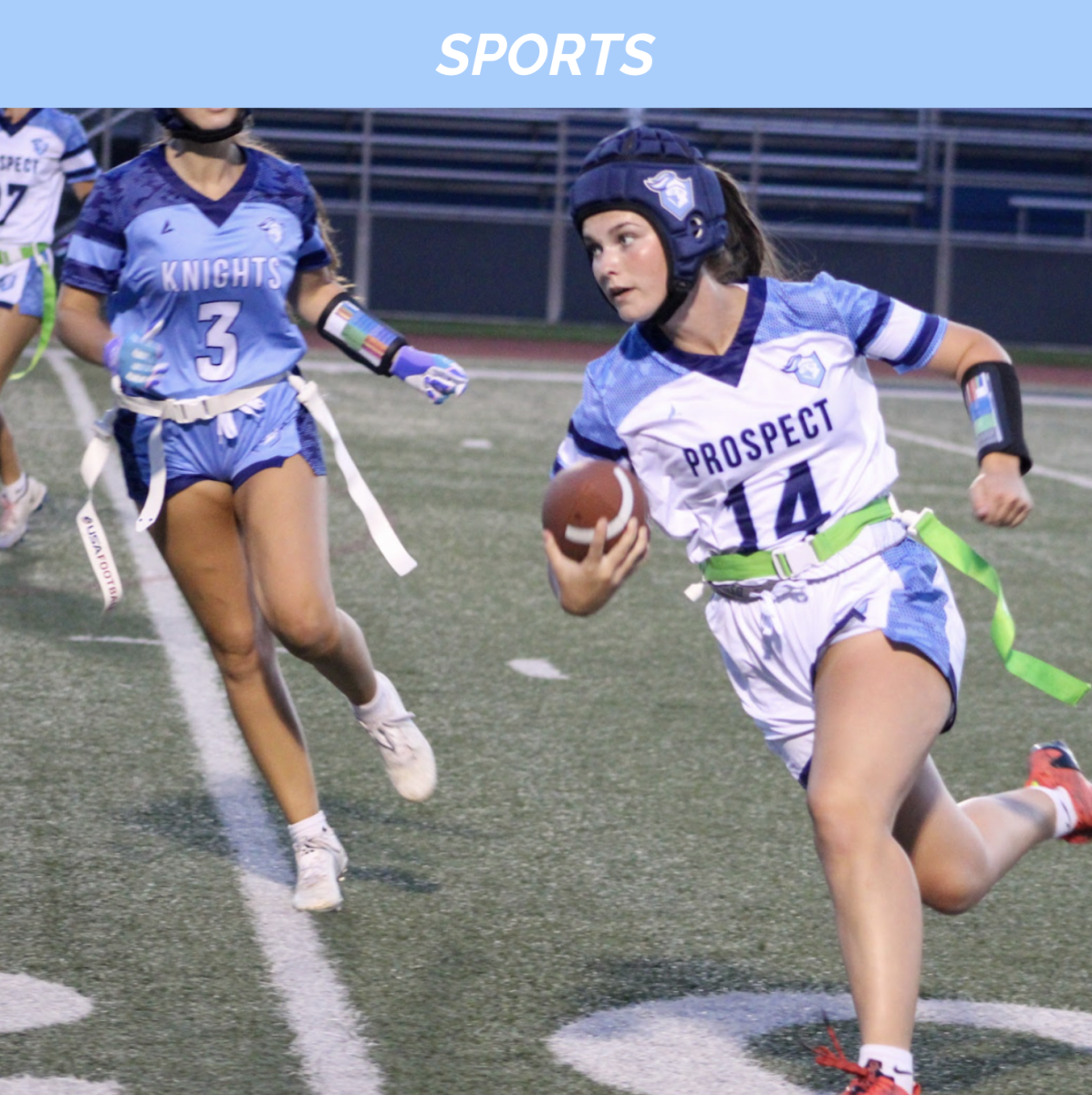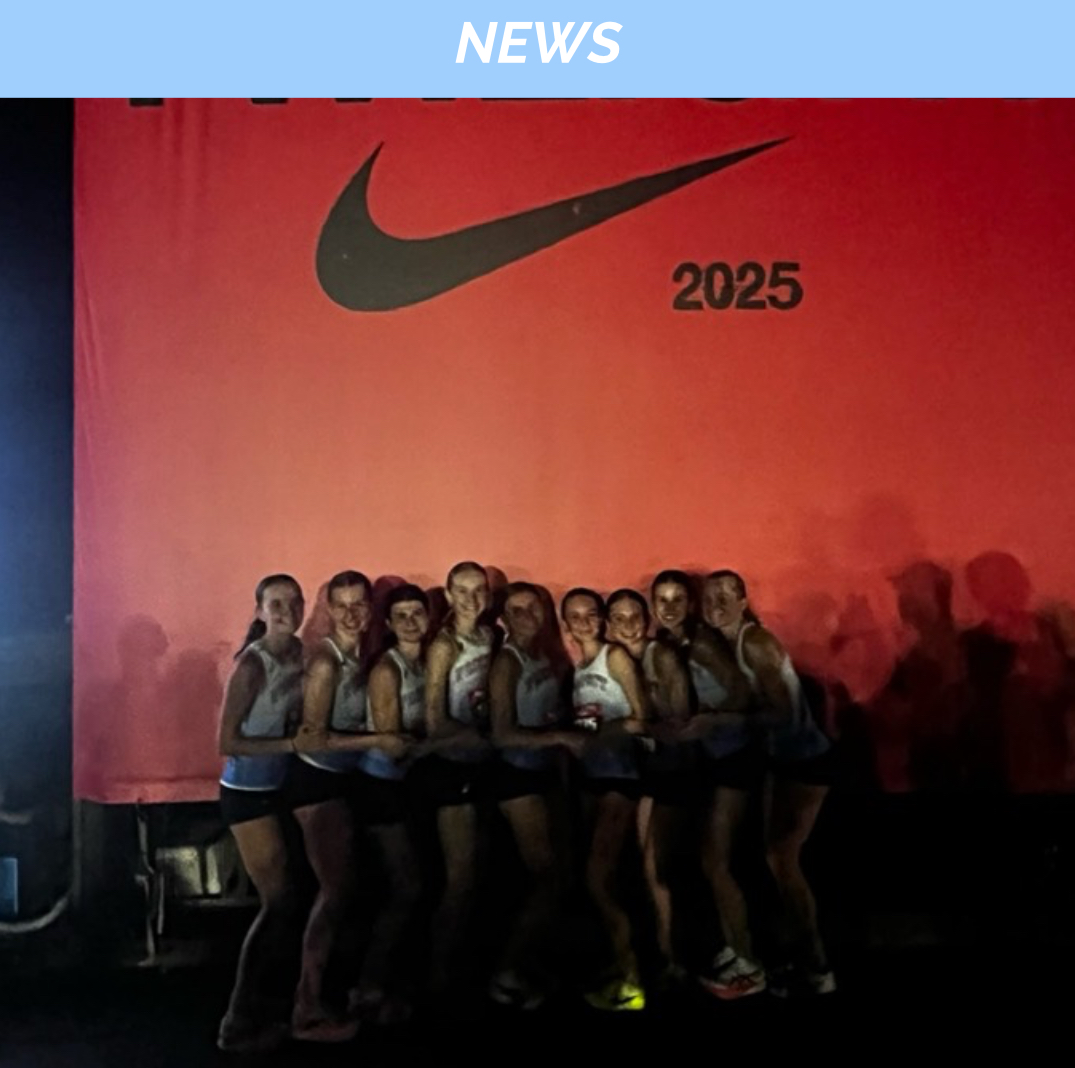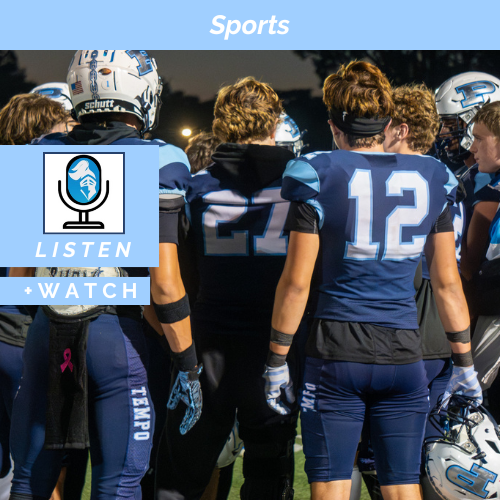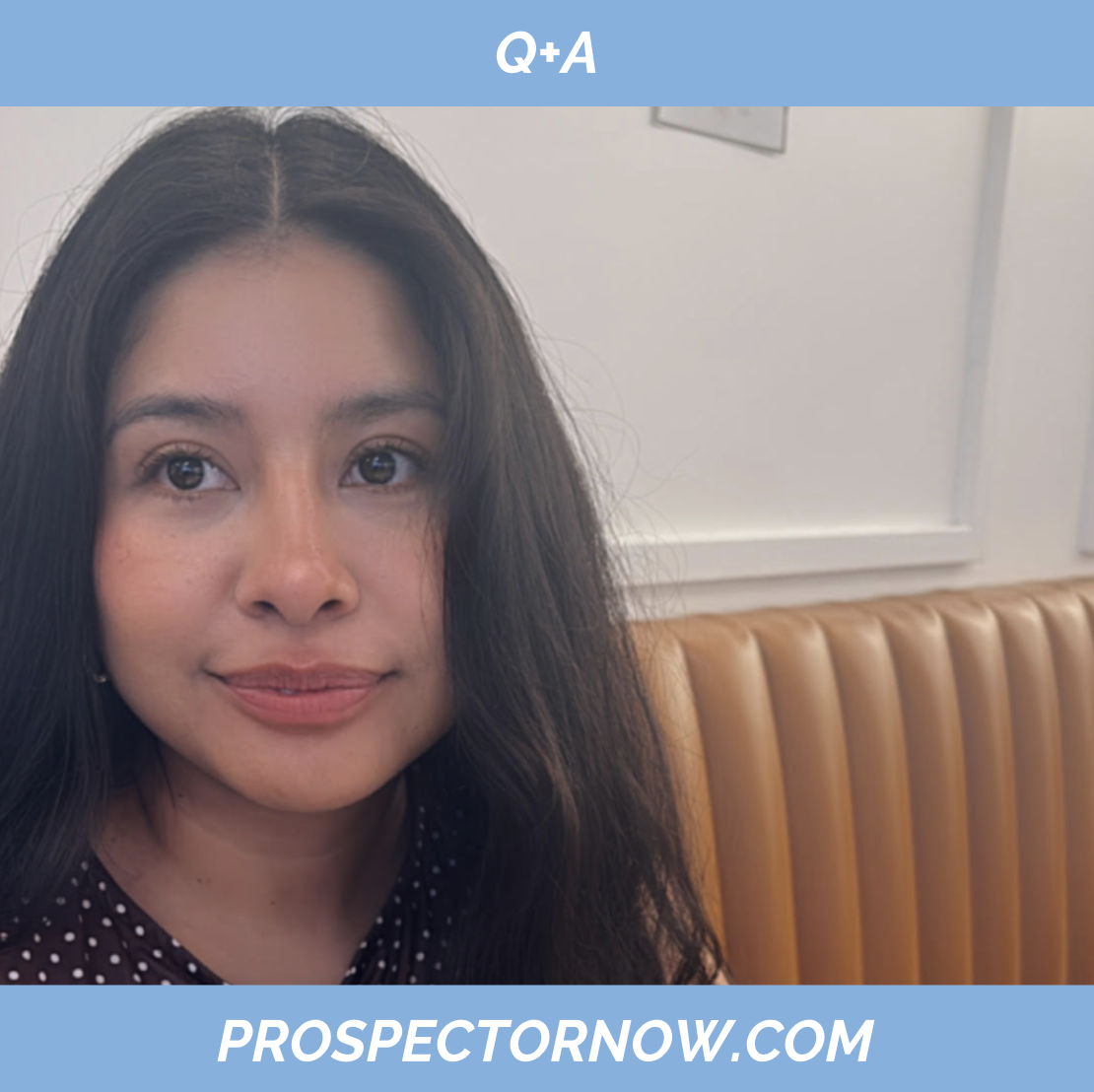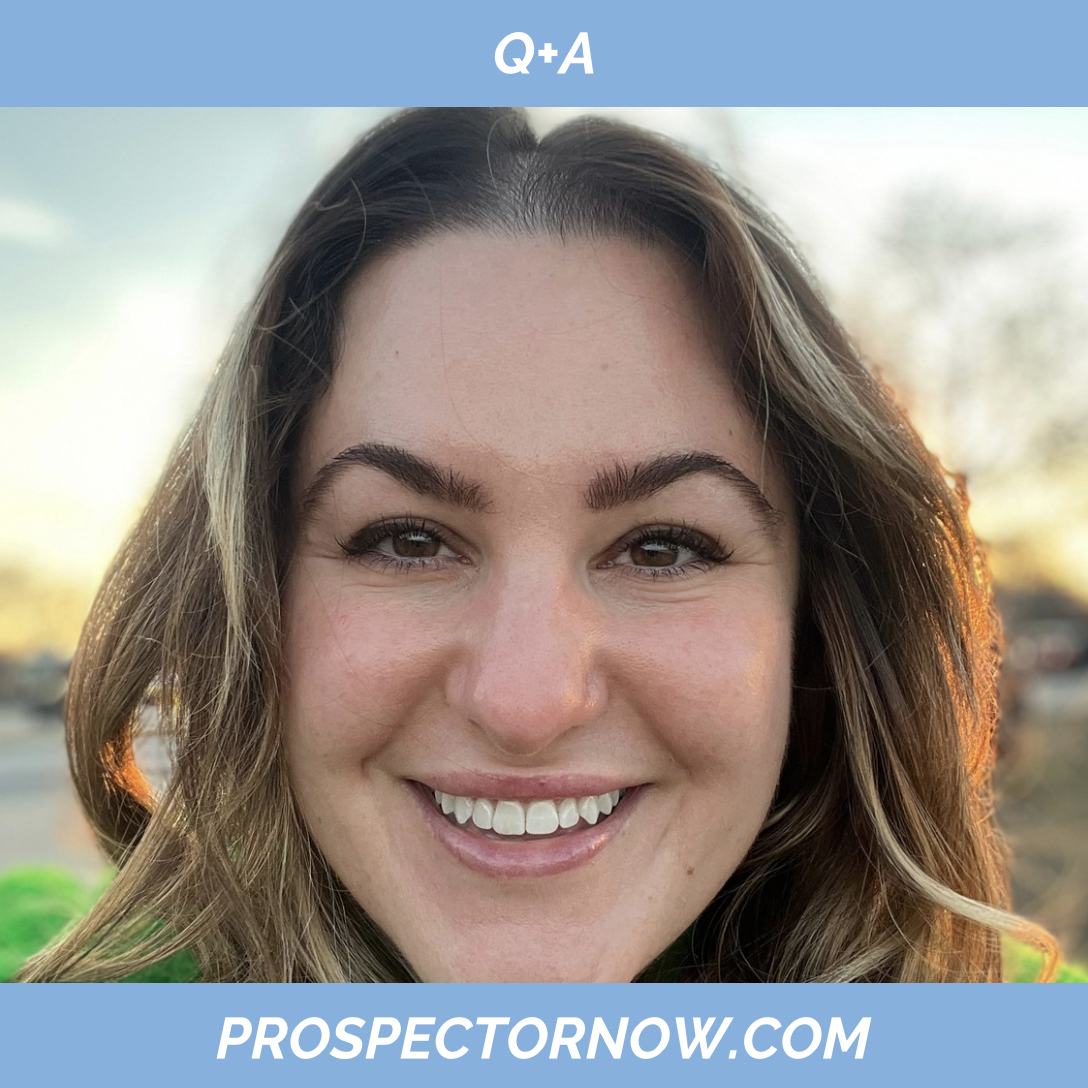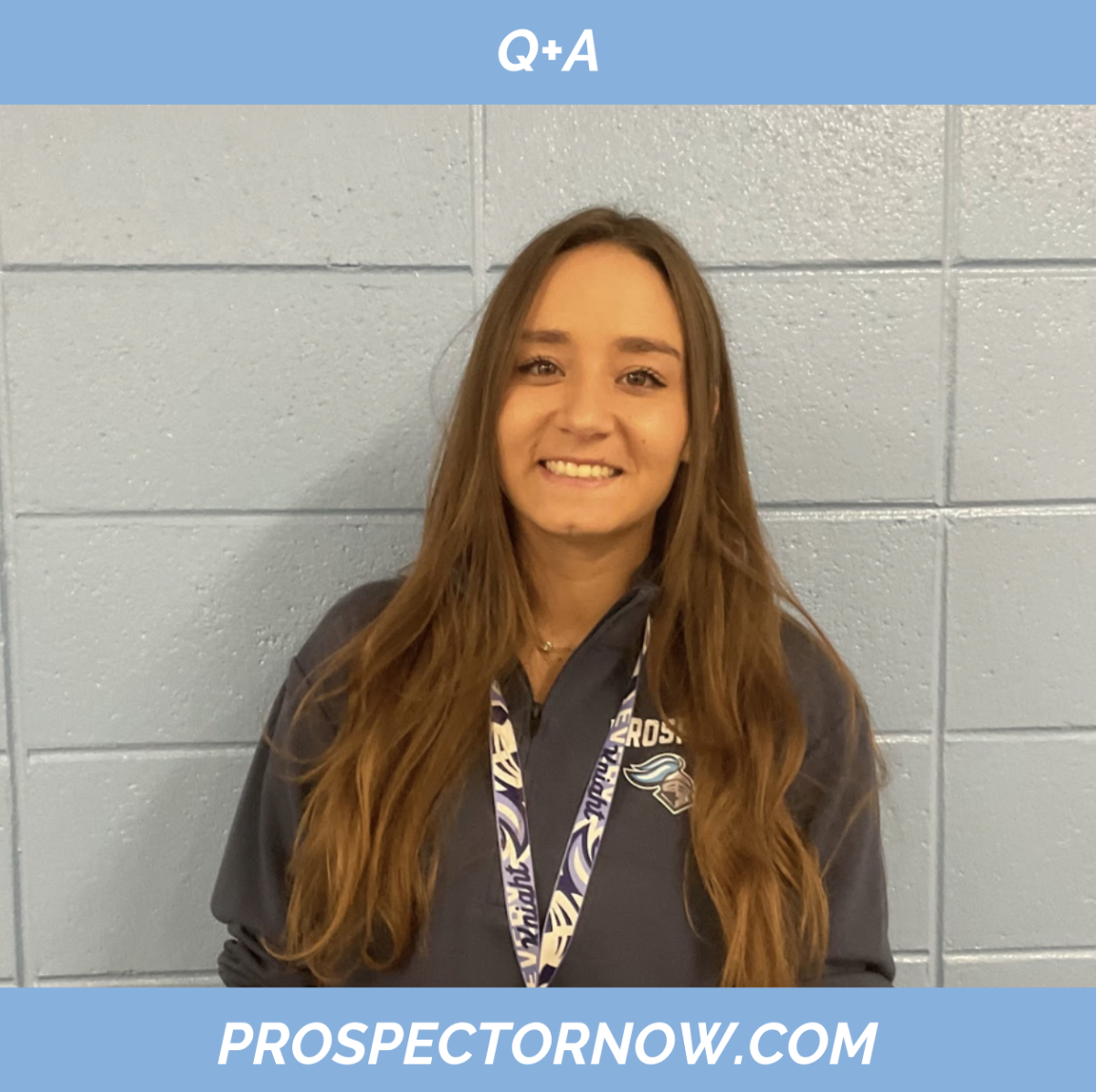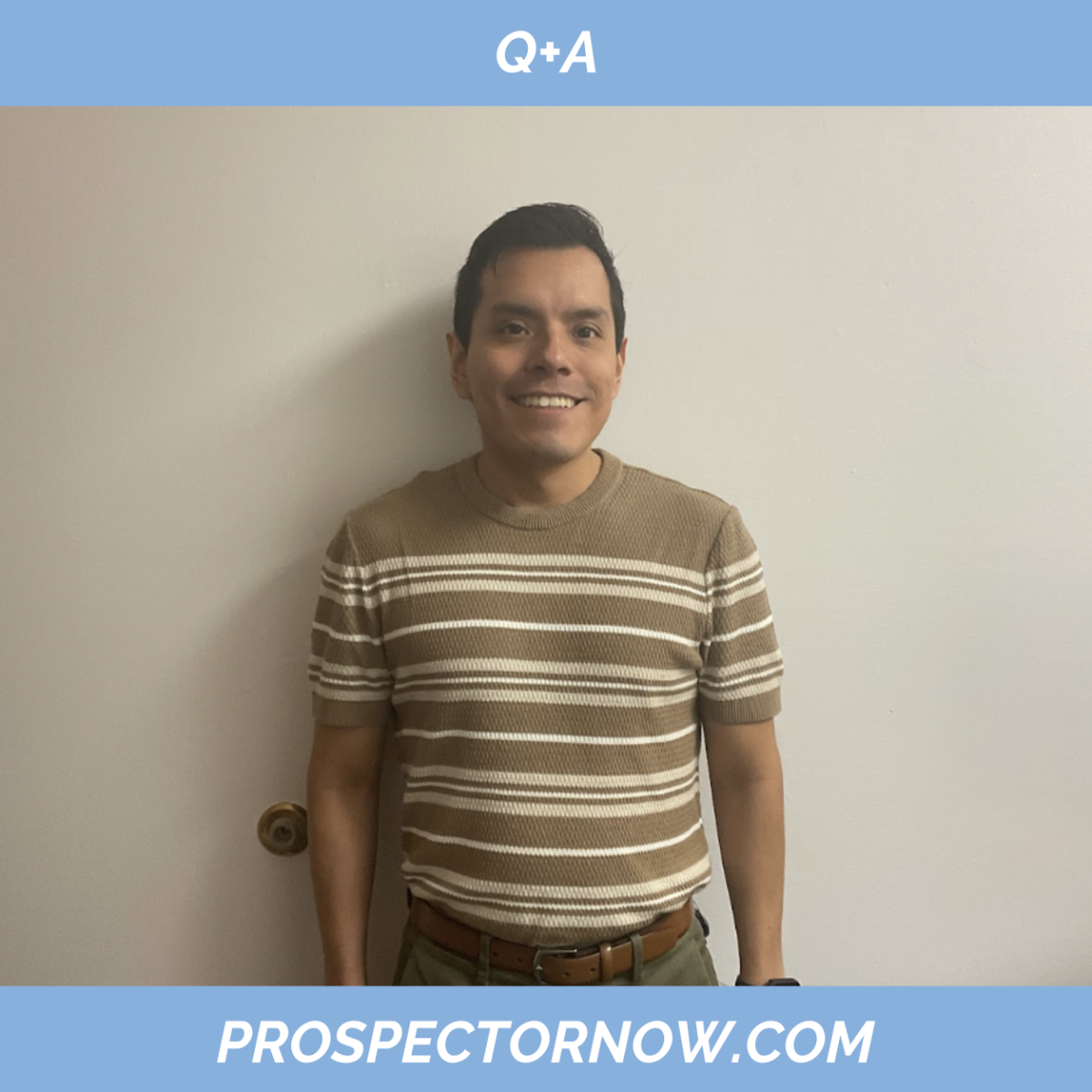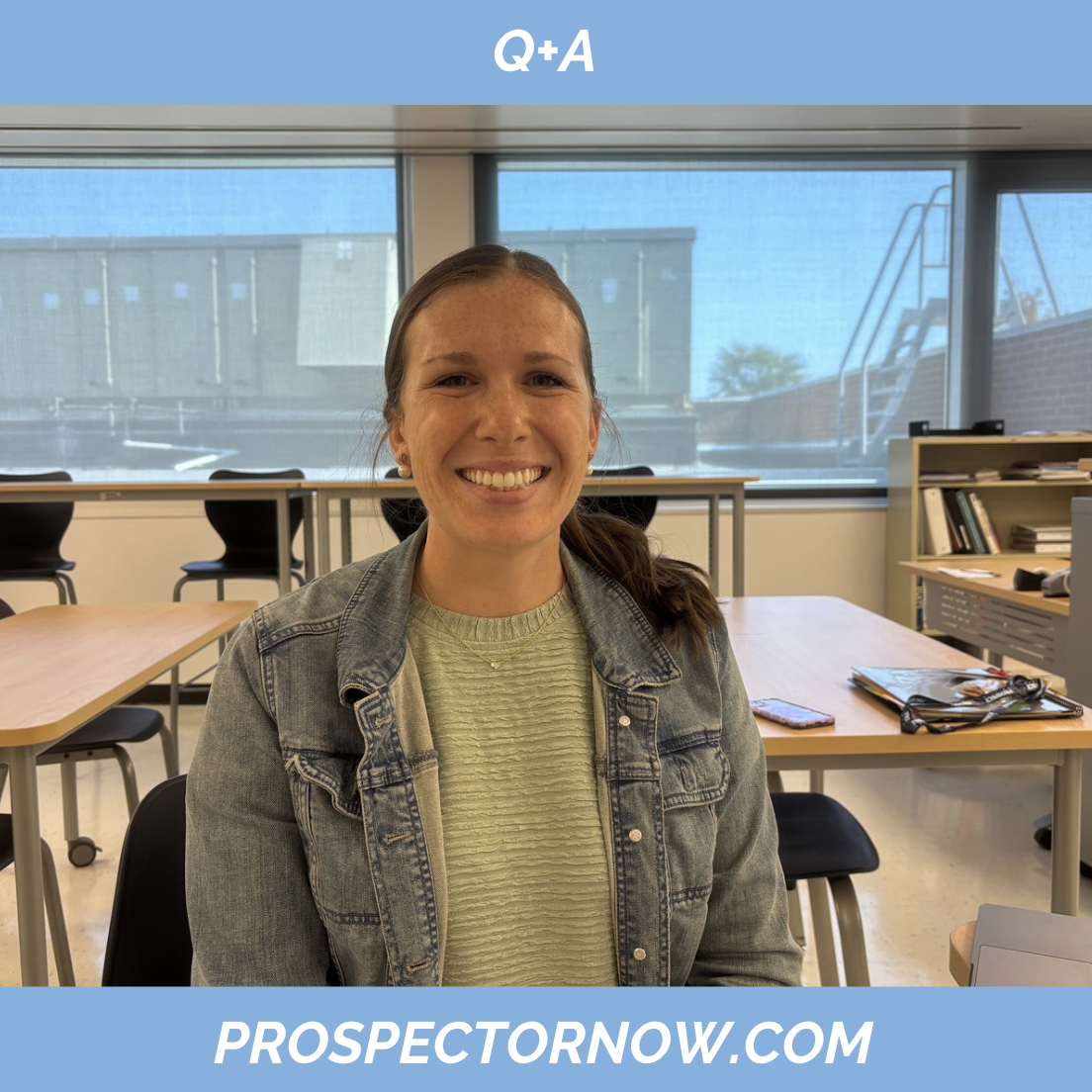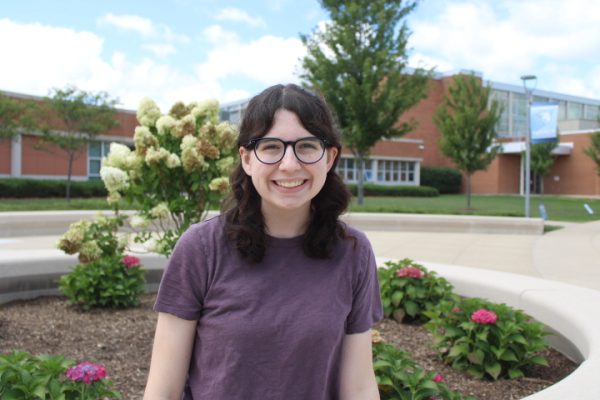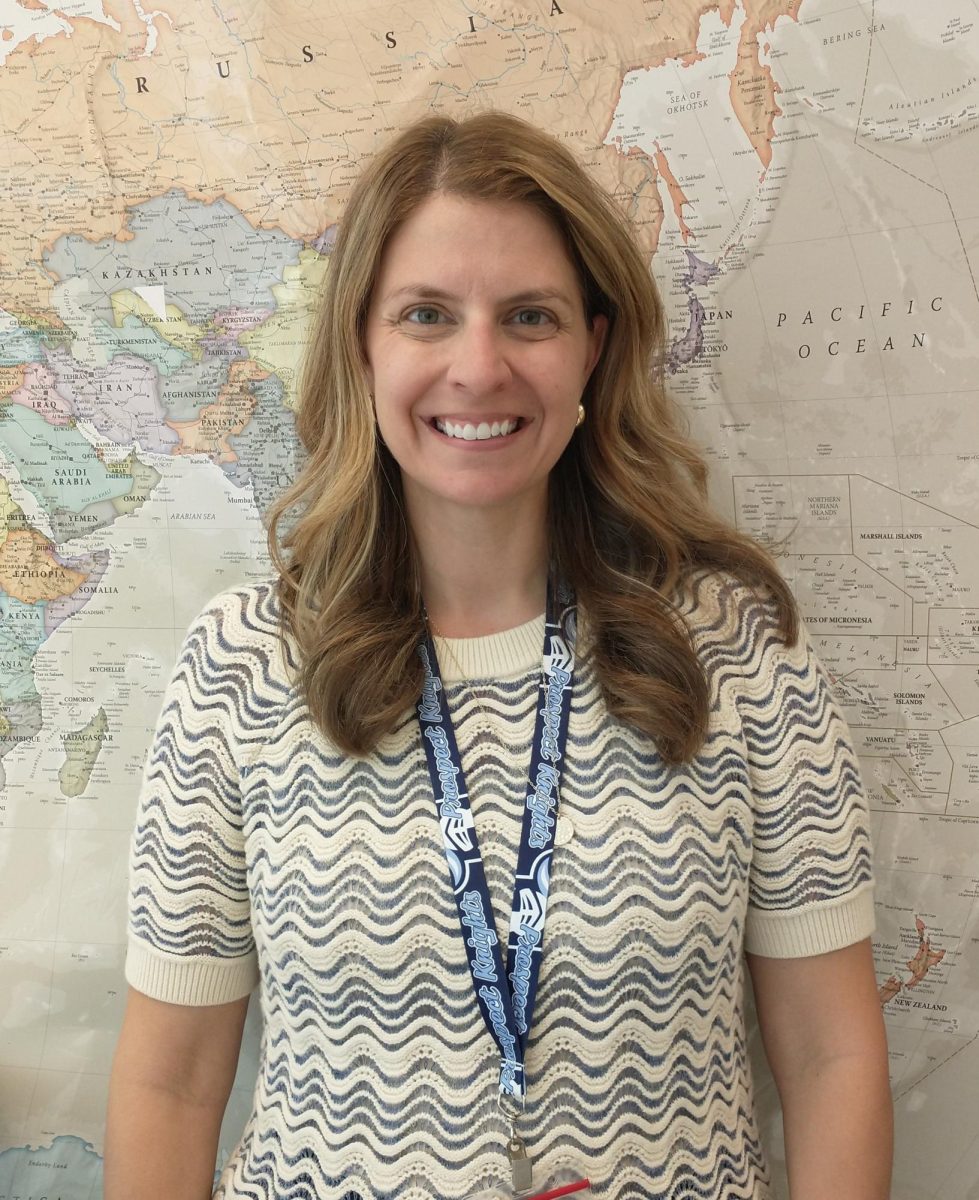
Emily Snyder graduated from the University of Illinois Urbana-Champaign in 2004 with a major in Communications and a minor in History and later got a Masters of Education with a focus on social studies from DePaul University. She taught Psychology 1 and 2 at Prospect during the 2021–22 school year before teaching GED social studies and science courses to adults at Harper College. Now, she still teaches at Harper College but is also back in District 214, teaching one section of Human Geography at Prospect and one at Hersey.
Q: When did you realize that you wanted to be a teacher?
A: My parents were both teachers, and when my sister and I went to college, our parents discouraged us from going into teaching. They wanted us to go into a career that made more money and would allow us to do more things. So my sister and I both went into corporate America, and I remember I was at a meeting for my advertising agency, and the president got up, and she said how much money we had made in that quarter. I remember thinking, “I don’t care. I don’t care how much money we made.” And I should have, right? I was highly invested in this business, I would work until two in the morning sometimes, and I should have cared, and I just didn’t. I called my sister. She was like, “I hate my job, too.” She said she was actually thinking about going back to school for teaching. And we both decided that we were going to take one course, an intro to teaching course, and then we both loved it. As soon as I stepped into a classroom, I was like, “Yeah, this is you.” I just knew, and I never looked back.
Q: What is your favorite subject to teach and why?
A: I have two, and they’re the two I taught the longest, which is US History and Psychology. I think I like US History because my dad was a US History teacher. Growing up, we were surrounded by that. We went on vacations where we went to battlefields and historical sites, and I think I was just always around it and enjoyed it. Psychology was a newer field for me. Once I started teaching it, I was really hooked. It was really fun to learn about how the mind works and what makes us unique. And, also, I like teaching an elective as well. I think that’s really fun to balance with a subject that’s required.
Q: What is it like to teach at multiple schools at the same time?
A: Busy. It’s very busy. I also coach swimming for a club team [the Palatine Tiger Sharks], and I also teach piano lessons. So I have my hand in a lot of different things, and all of them revolve around teaching. I think now that we’re going into our fourth week of school, I finally have a handle on my schedule. It was hard in the beginning to figure that out and to manage getting emails from a lot of different places — that’s a lot of emails — but I’ve got that figured out, and it seems to be going okay. It definitely keeps me on my toes.
Q: What has been your favorite memory as a teacher?
A: When I was in Texas, I taught a class that was difficult. There were a lot of behavior problems — I had a kid get arrested in that class — but I really liked the students. And I walked in one day from lunch, and they were all standing, and that made me nervous, because in my head, I was like, “Oh, this is the day they realize they outnumber me, right? This is the day I go down.” One of them stepped forward, and he had a card for me, and he goes, “You know, it’s Teacher Appreciation Week. We know we give you a hard time and we just want to say thank you.” And then they gave me a three pound bag of Sour Patch Kids to go with it — they knew I liked that candy. And then a kid in the back was like, “Yeah, those aren’t stolen either.” I started laughing, and then I was like, “Wait.” They have been bringing me Sour Patch Kids all year. I said, “What do you mean these aren’t stolen?” He goes, “Oh, we’ve been stealing all the other Sour Patch Kids at lunch at Kroger.” So they’ve been stealing candy for a year, but this bag wasn’t stolen. And I still have that card, and I keep in touch with a lot of those students.
Q: How would you describe your teaching style?
A: I would say my teaching style is relaxed, but only when it comes to certain things. I don’t tolerate disrespect, because I really want to build a classroom of empathy. I want my students to get to know each other and to understand that they have different perspectives, and that’s okay. We’re in a political science unit right now and I would rather teach people how to get along, even when they’re disagreeing about something, and realize that disagreeing on something doesn’t mean you can’t still like somebody. You can disagree with someone in a respectful way. I really want that to be a core value of our classroom.
Q: What makes you unique as a teacher?
A: I think I’ve changed a lot as a teacher, because now I’m a middle-aged woman with kids of my own. That’s changed my perspective as a teacher, because now my oldest is close to [my students’] age, and I think it provides me with a little bit of empathy and an understanding of what they’re going through outside of school and how busy these kids are, and how much homework to give versus what I would have given before I understood those things. Your perspective shifts a little bit.
Q: What do you most hope that students take away from your class?
A: I hope they learn how to care for their fellow human beings. I would love if they knew how to read a map, too — they’re spending a lot of time on that. But if they could walk away just understanding that we actually have more in common as people than we do differences, that would be a huge one.
Q: What is one of your biggest interests and how did you get into it?
A: Piano. My mother is a pianist and an organist. She was a music minor in college, and she could have played professionally, but she was a teacher. There was really no choice whether or not I was going to take piano lessons, but I didn’t love it the way my mom did. I took piano lessons in high school and then went to college and did not own a piano. So I took a break for a long time. It wasn’t until adulthood that I really started seeking out a piano. I would go home to see my parents, and I would play on their piano. And then during COVID, I purchased my own piano as a way to pass the time, and I actually put myself back into lessons as well, because I wanted to regain my skill set and practice for someone. The person I took lessons from then hired me to be an additional teacher.


